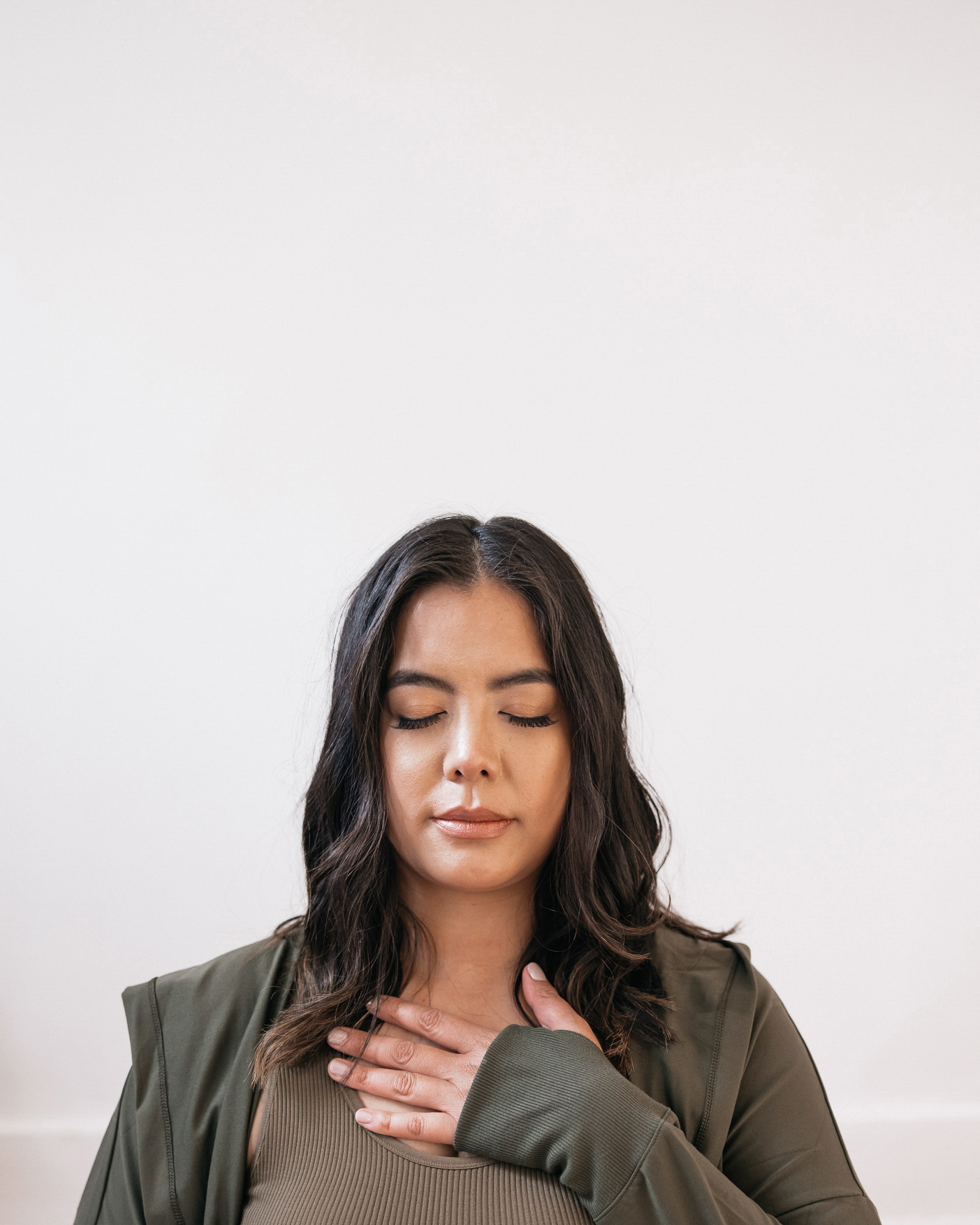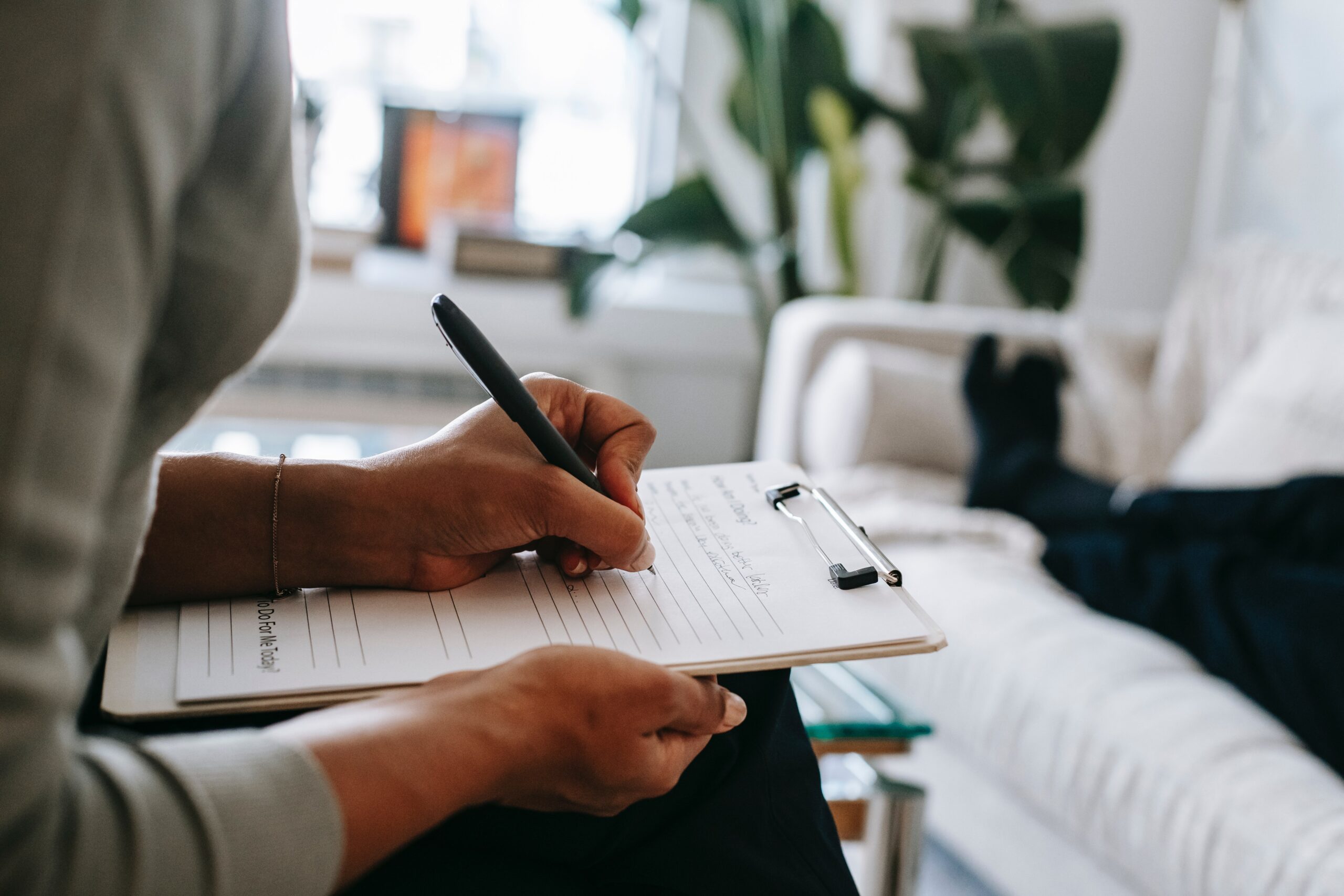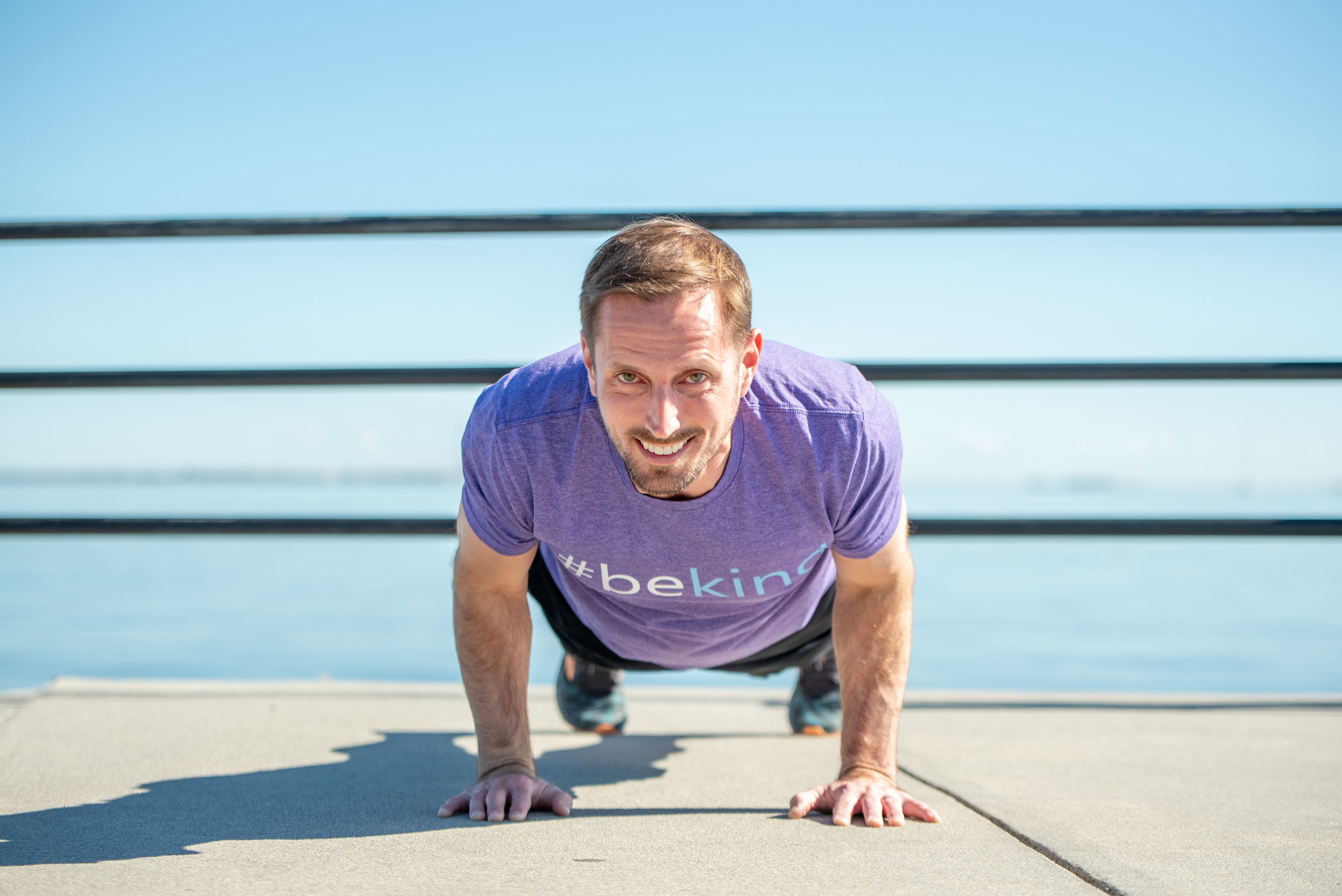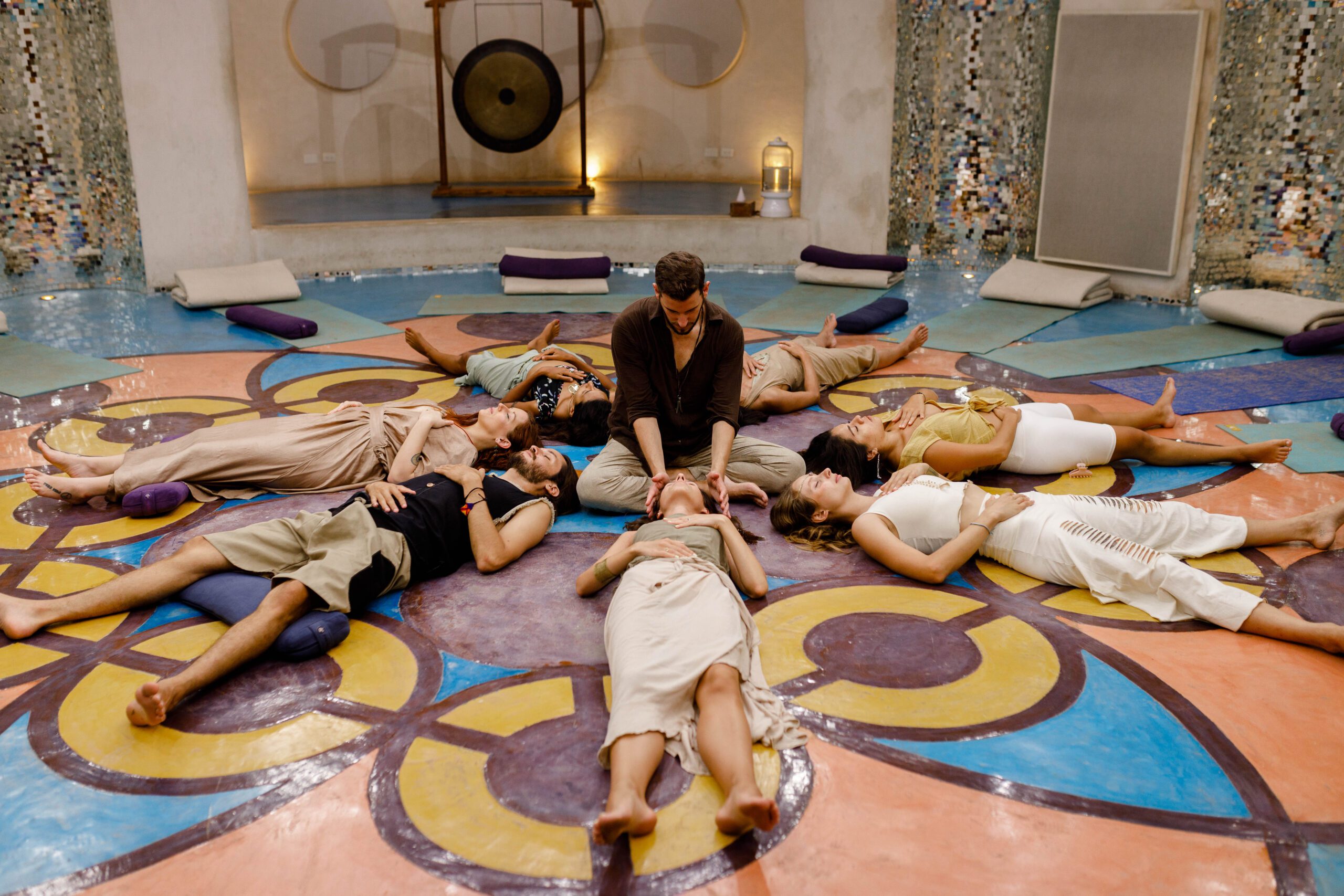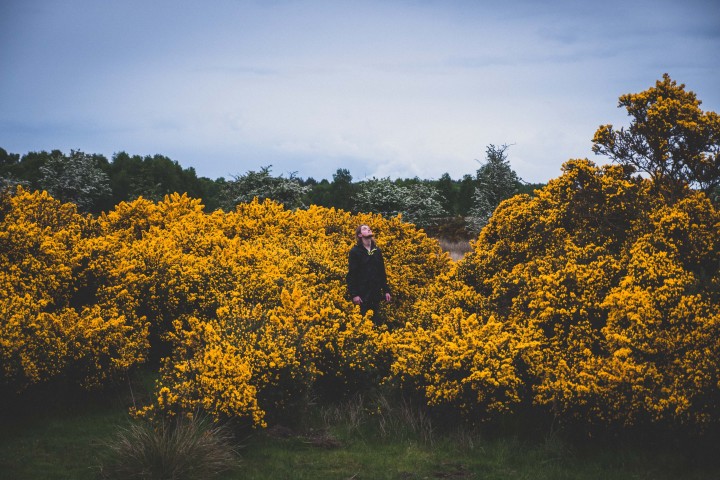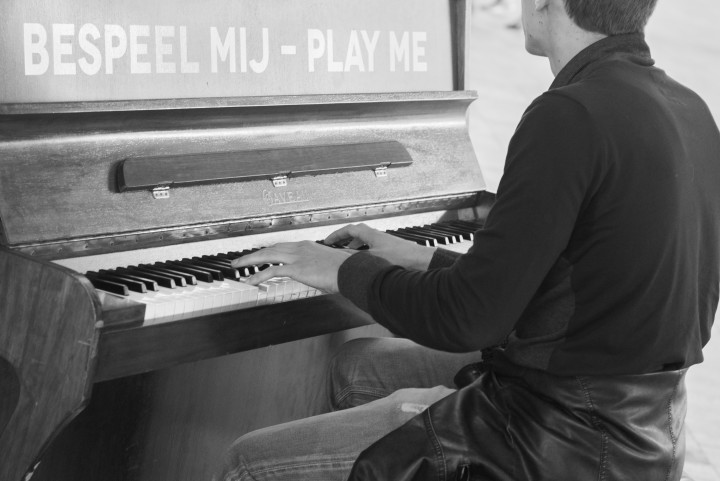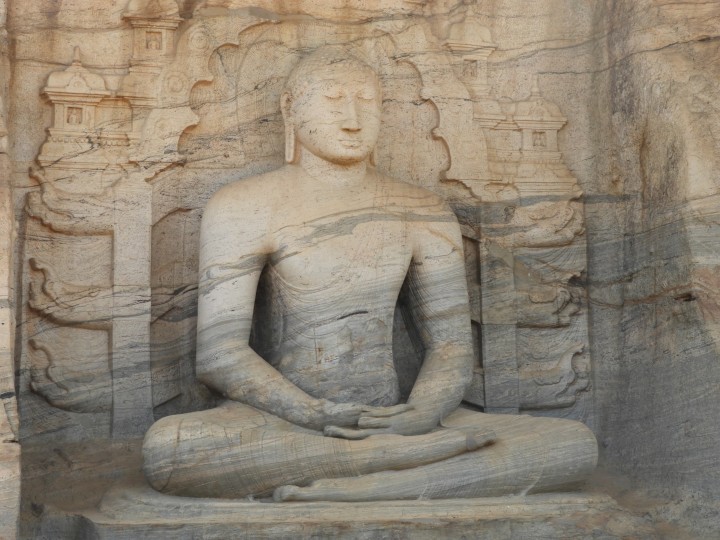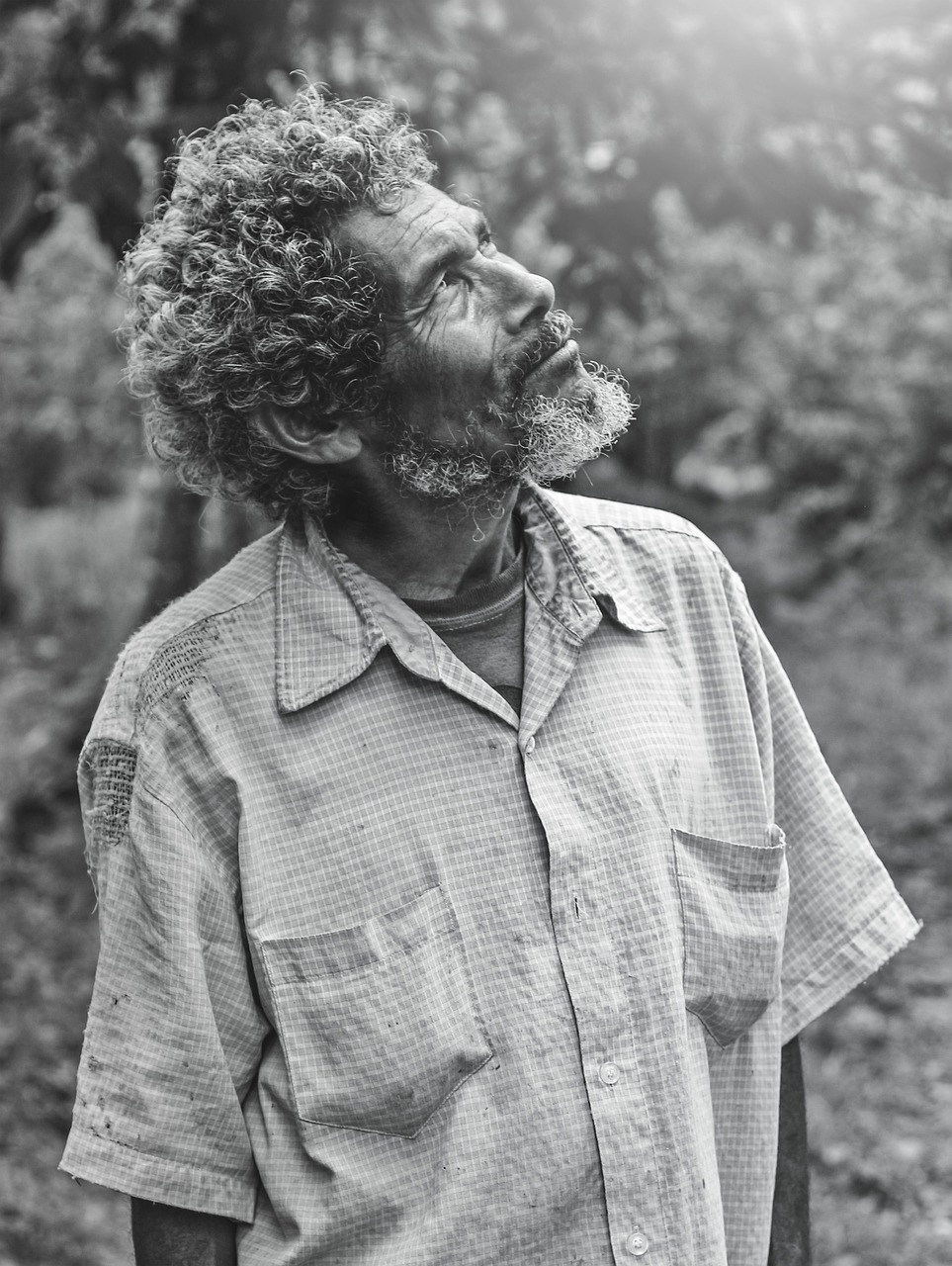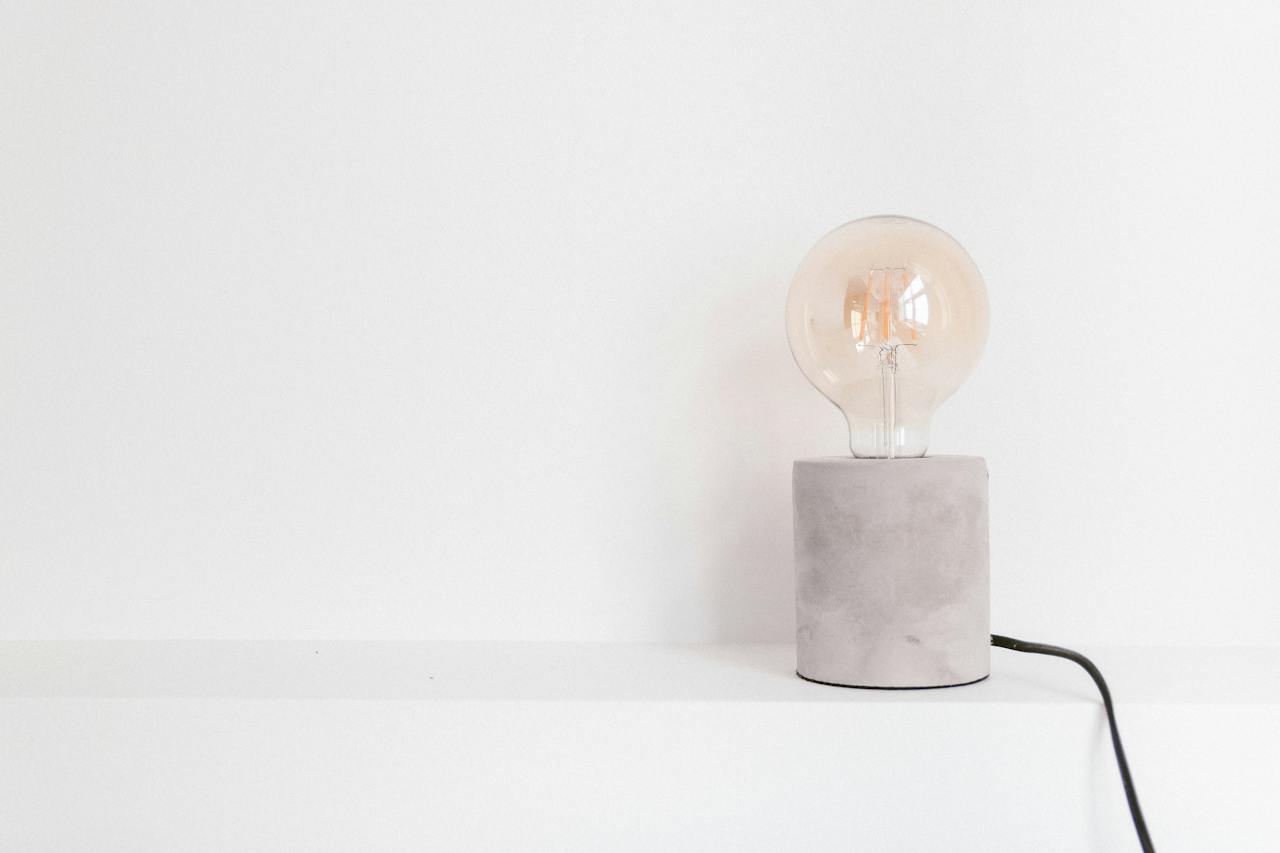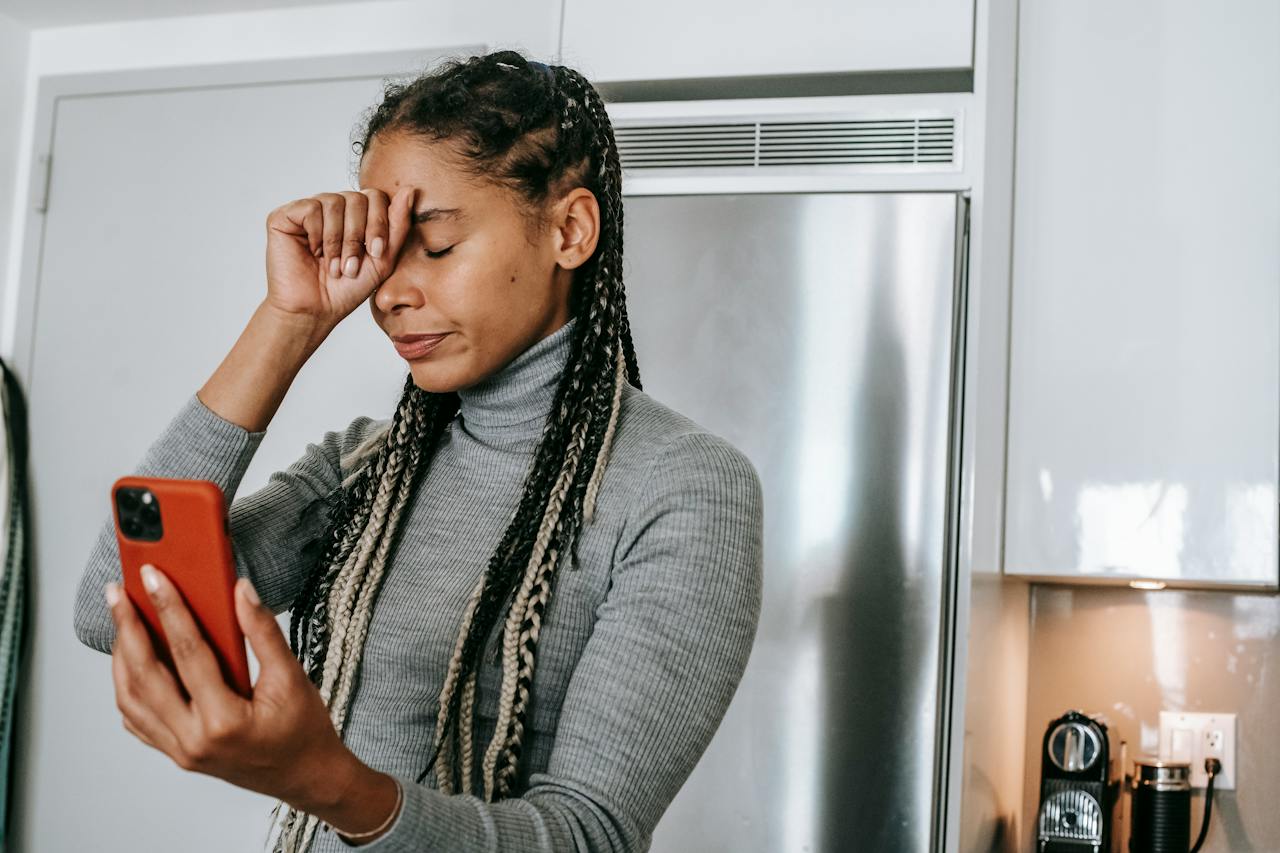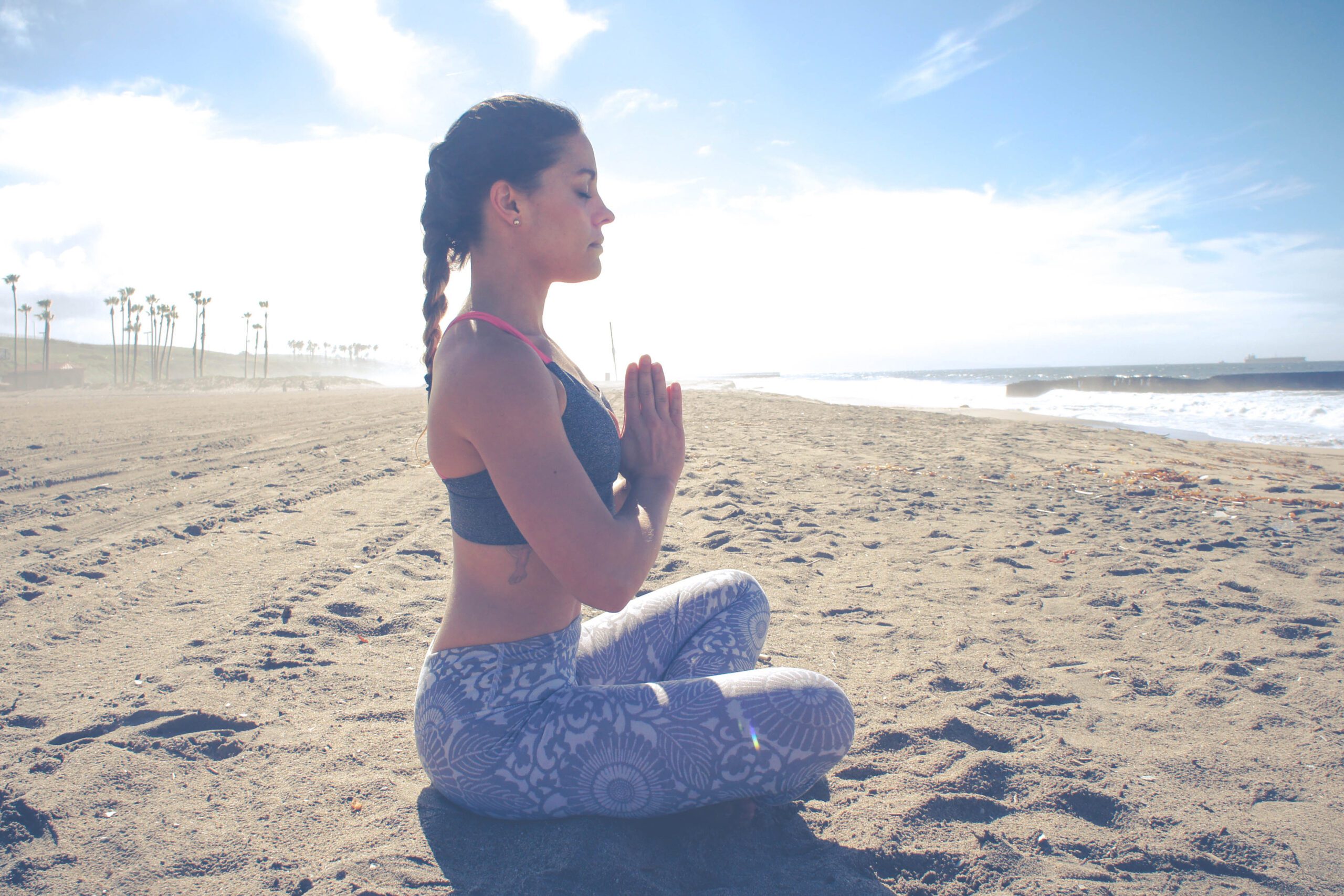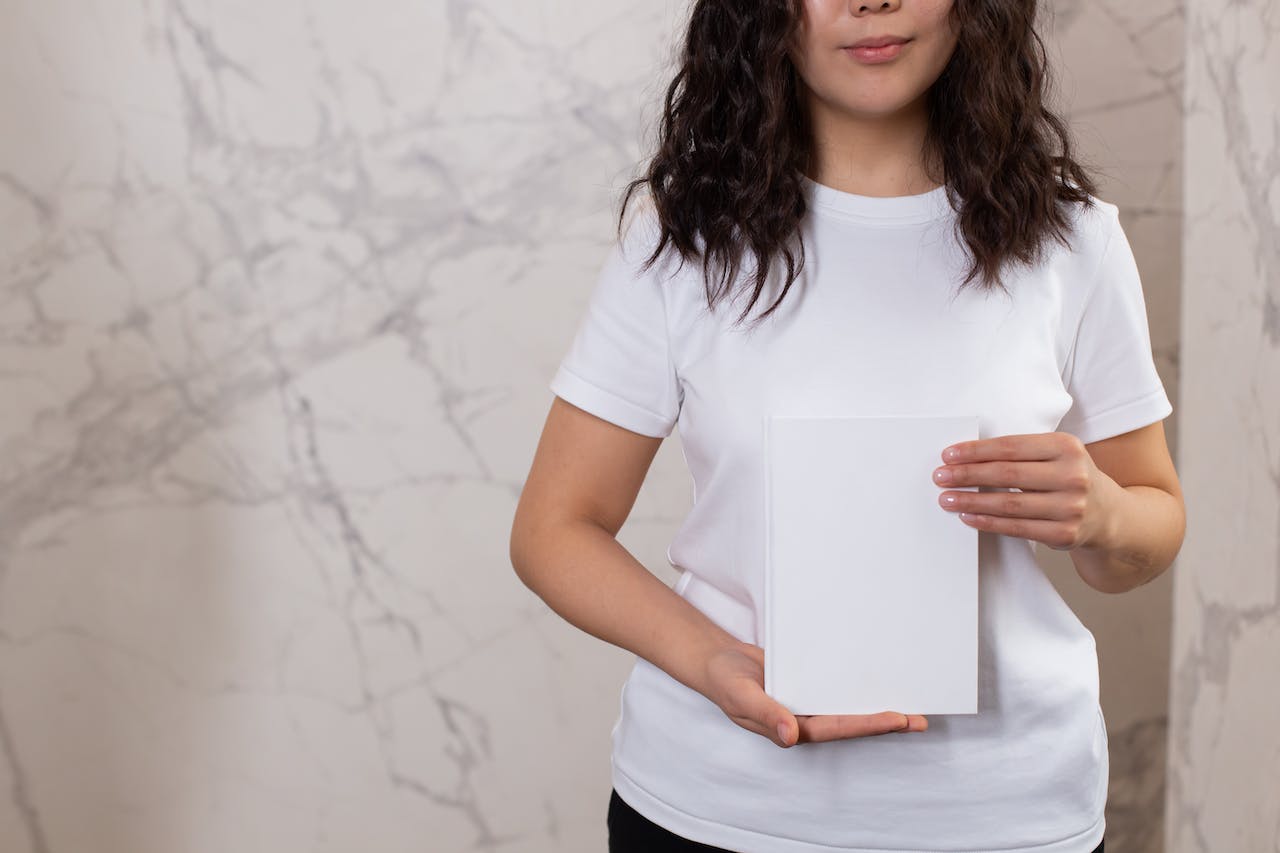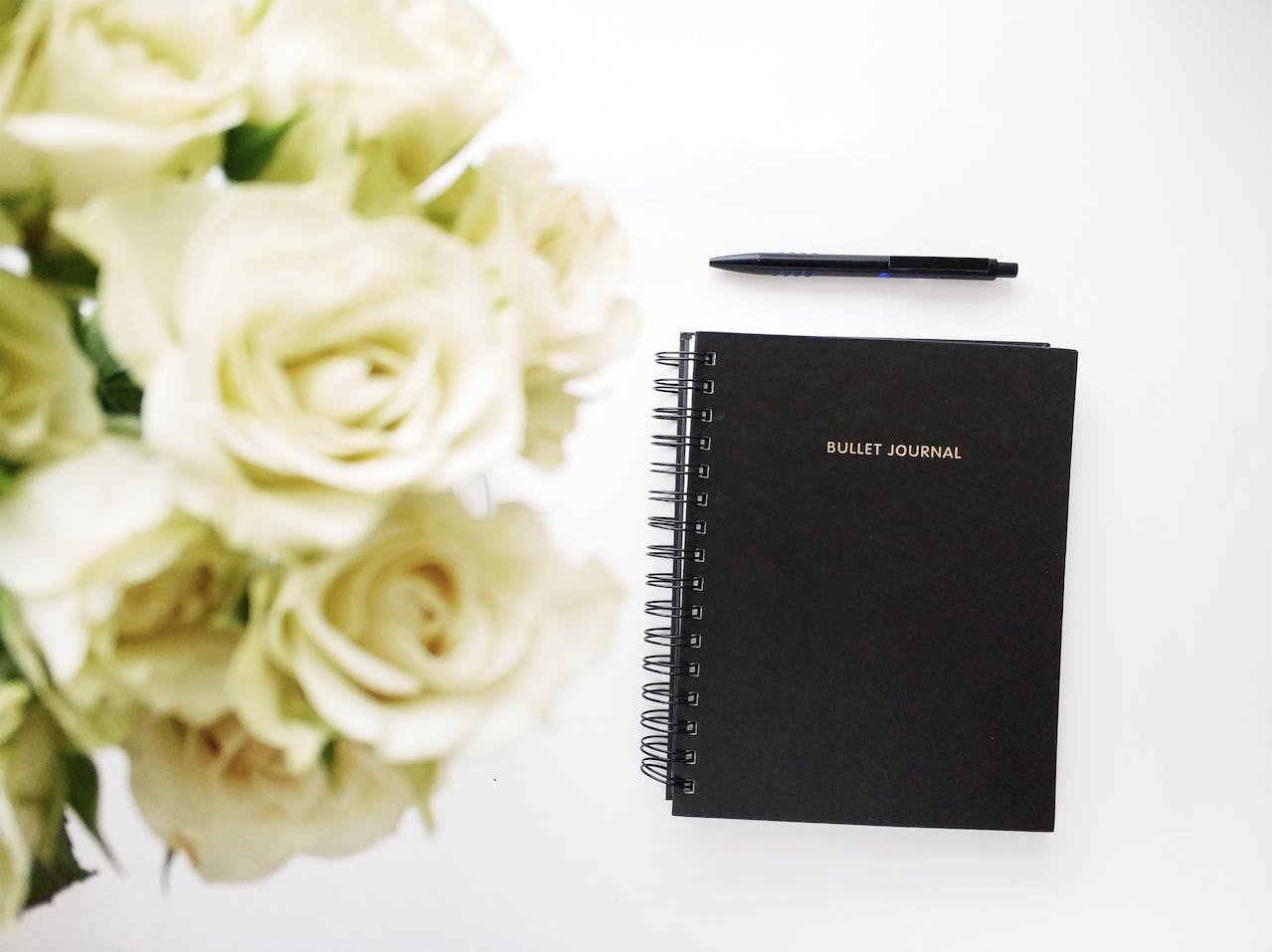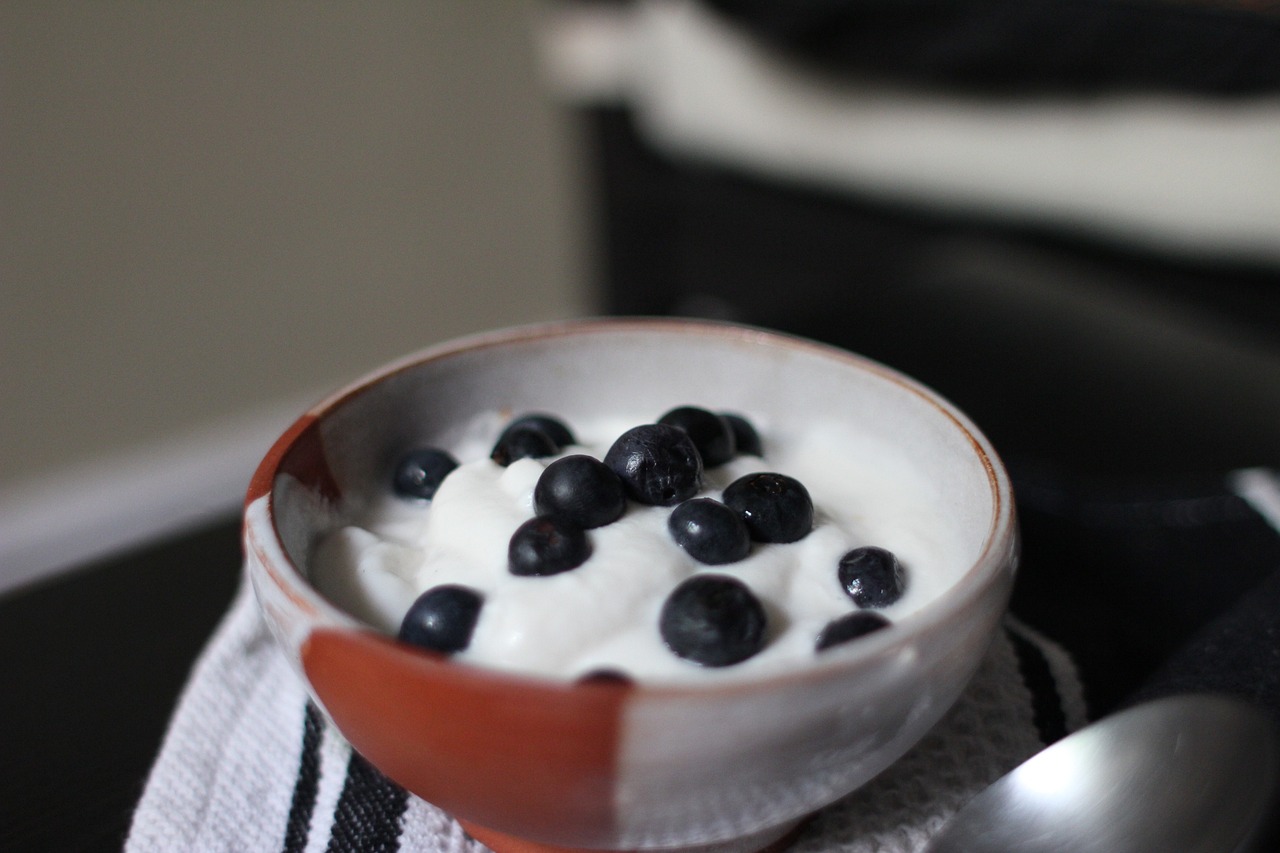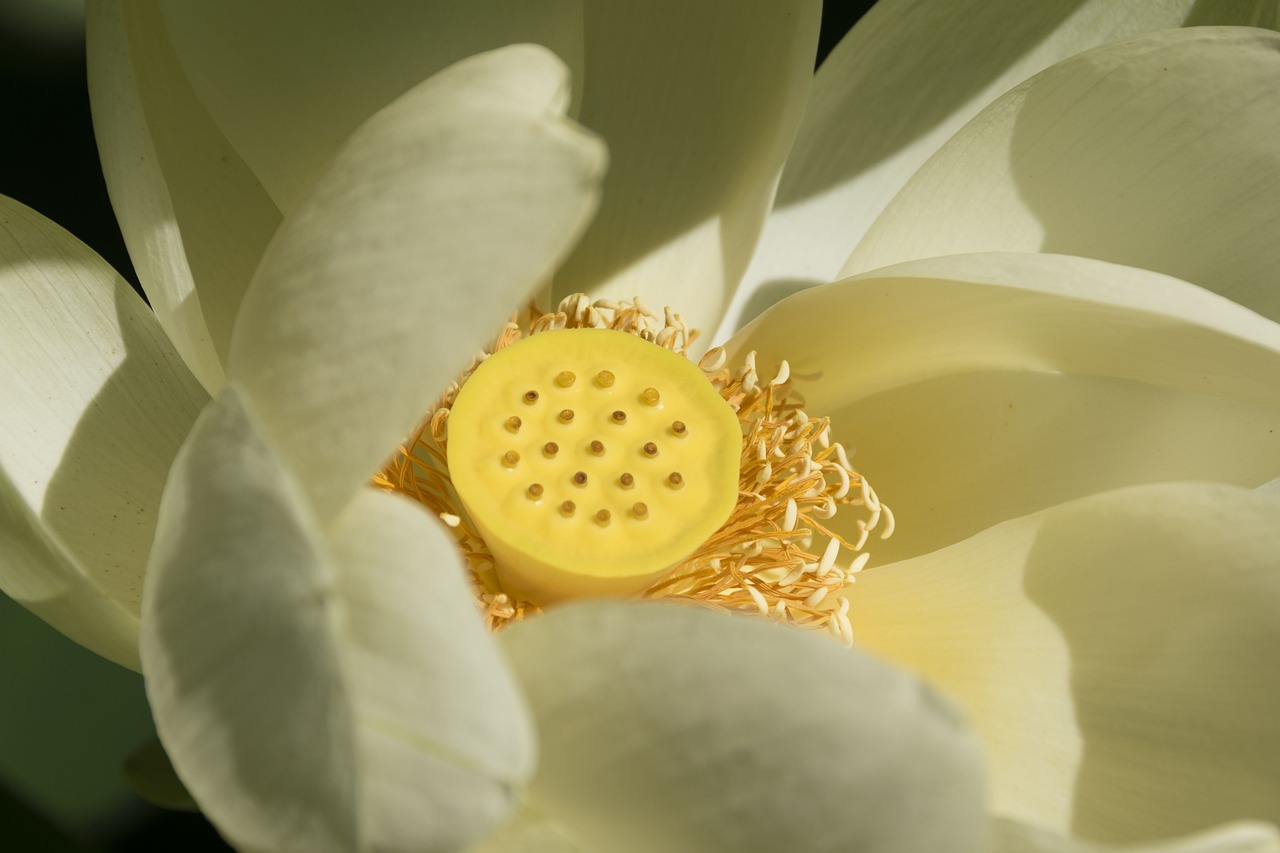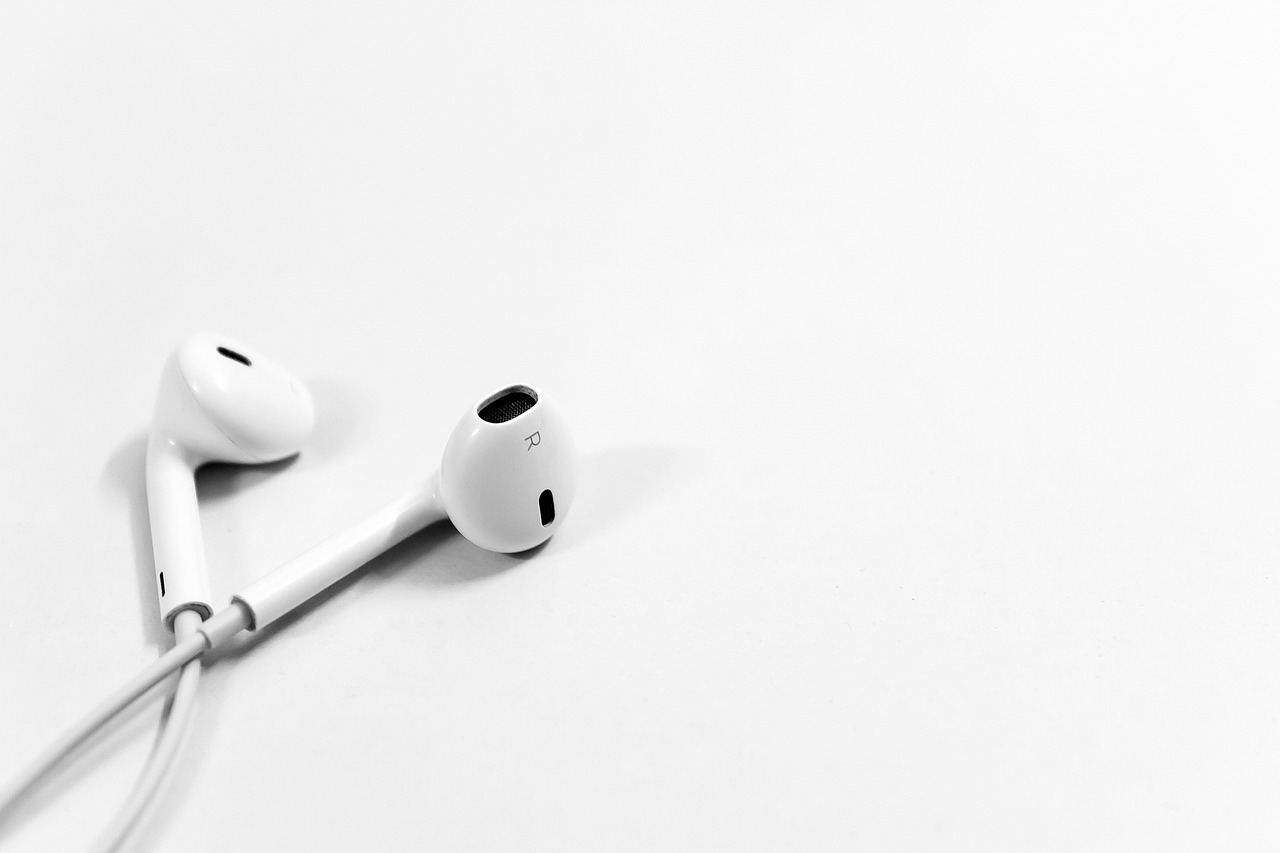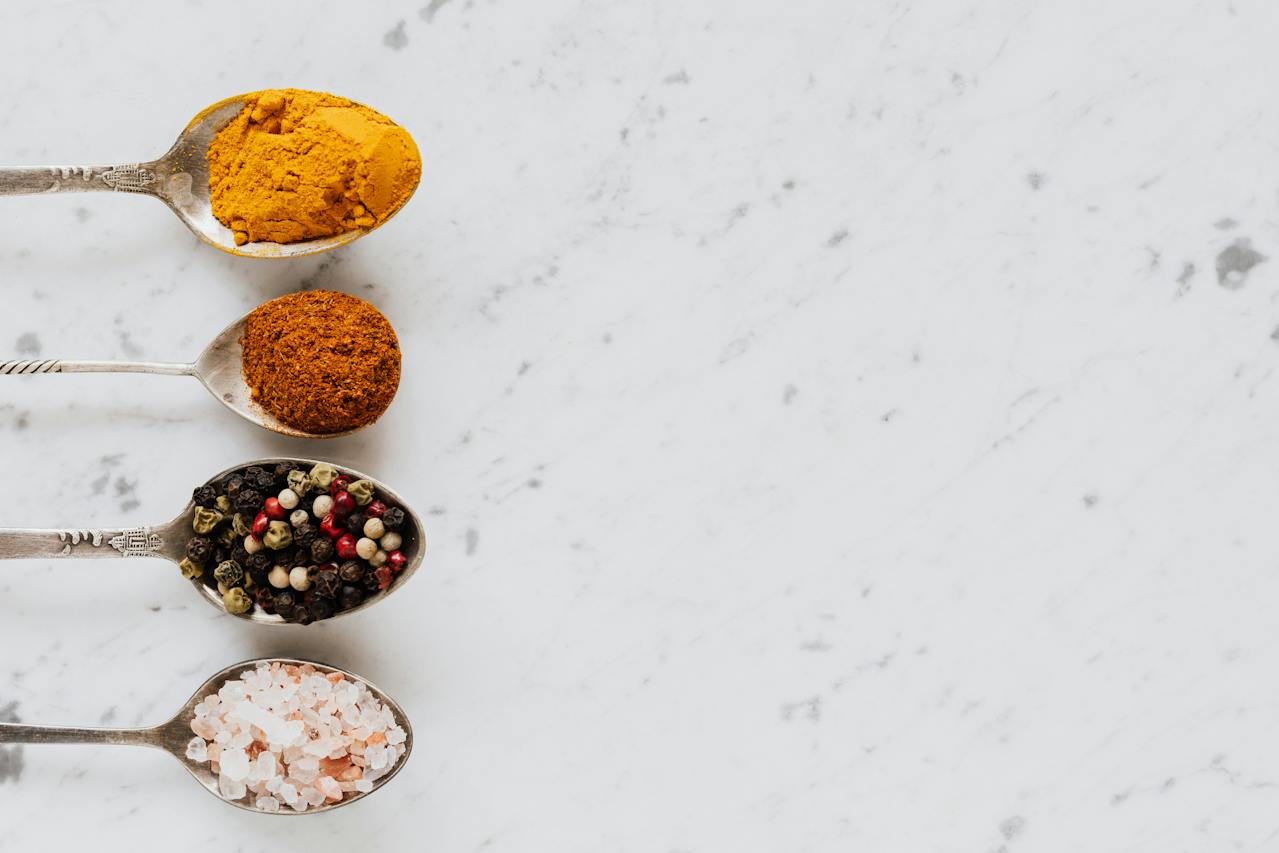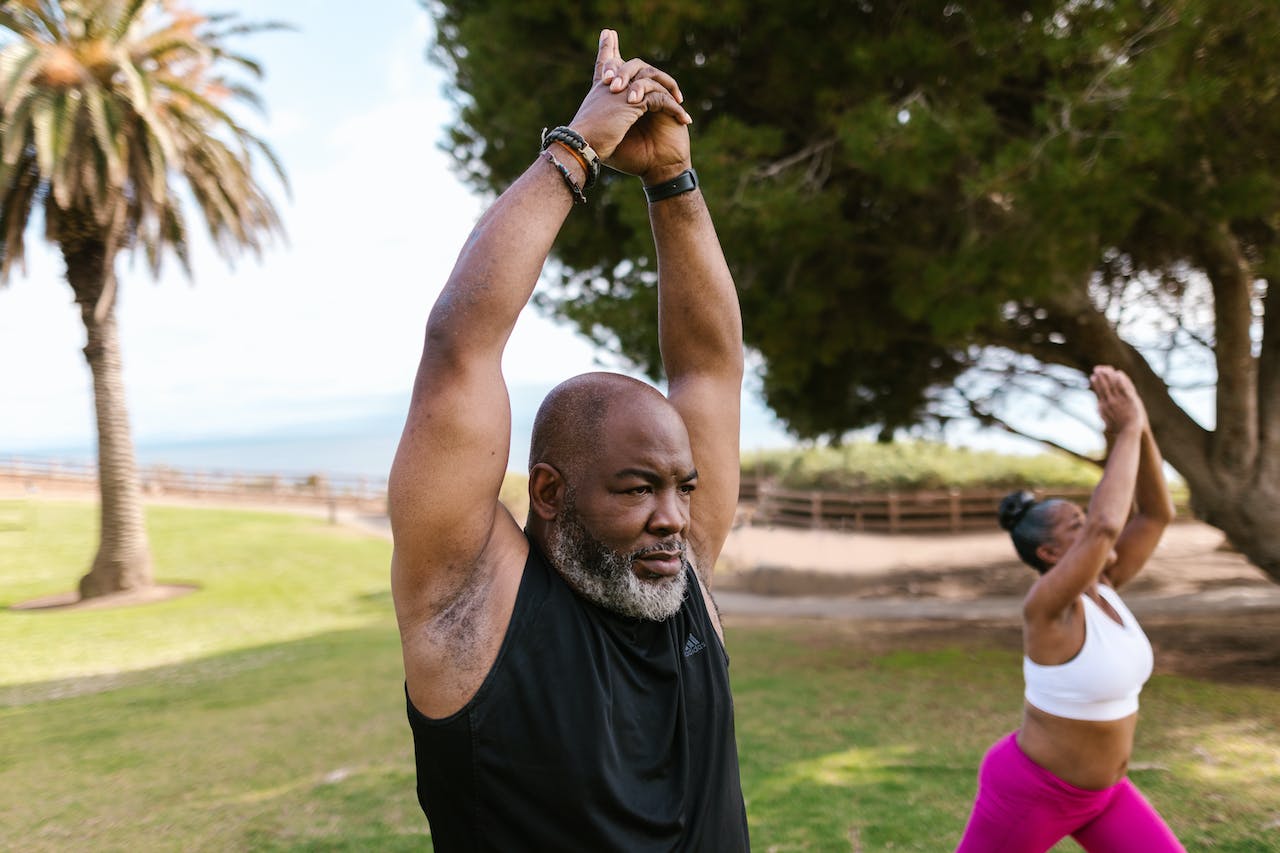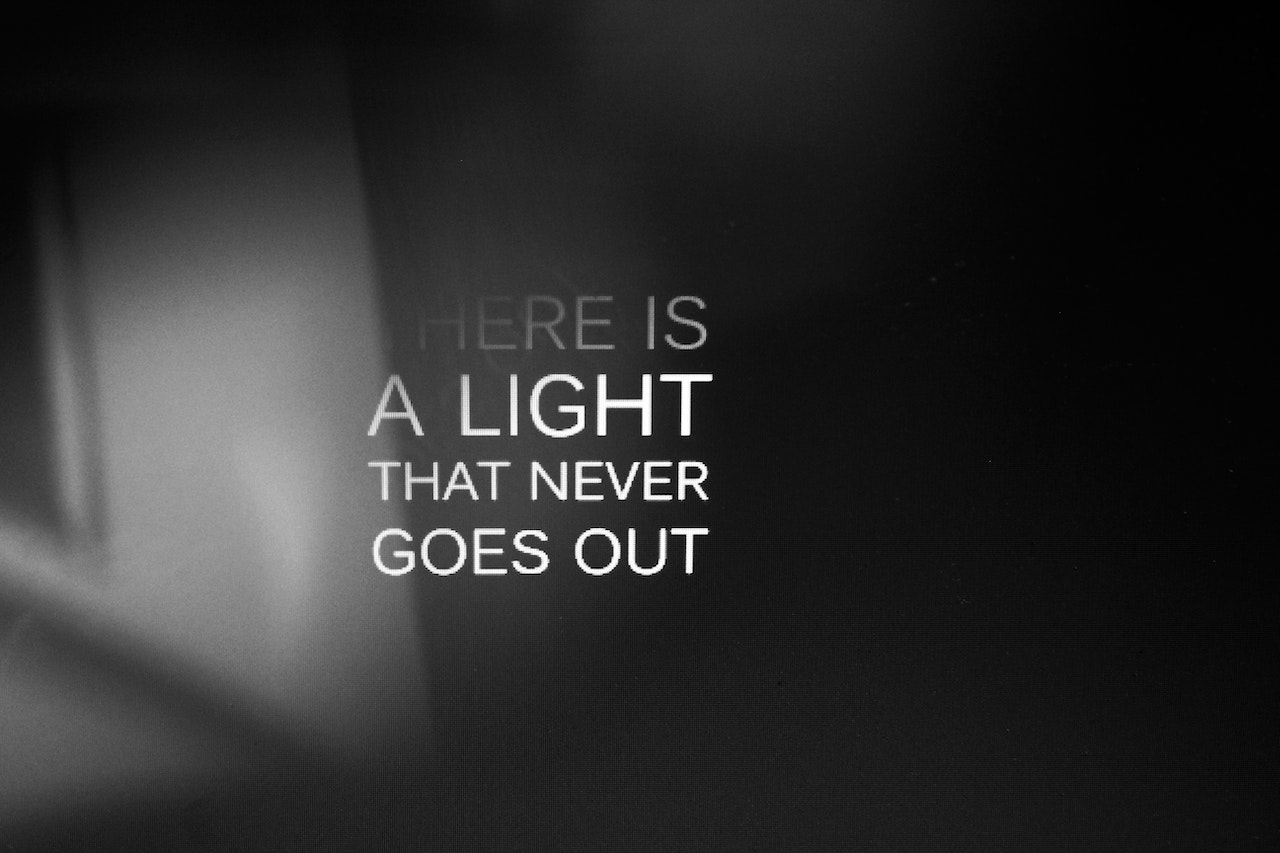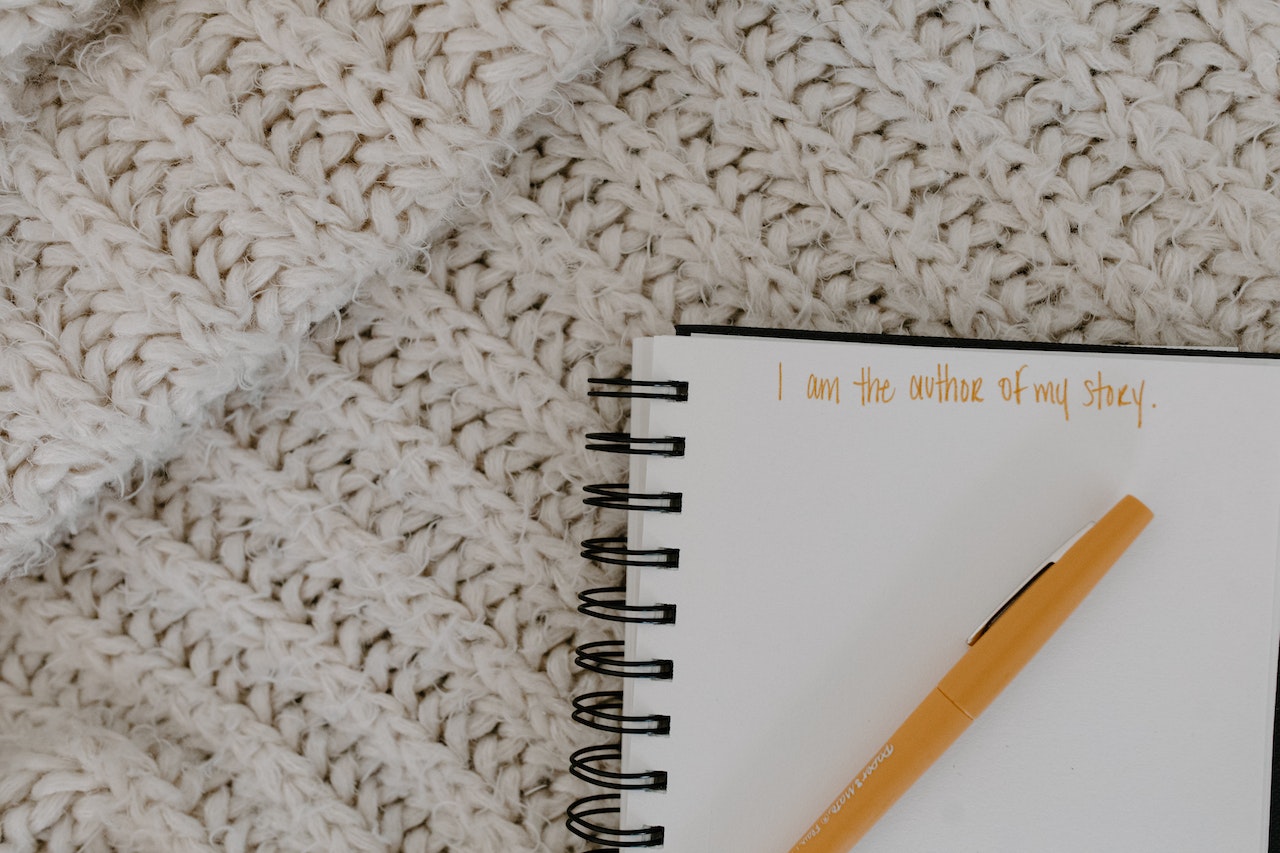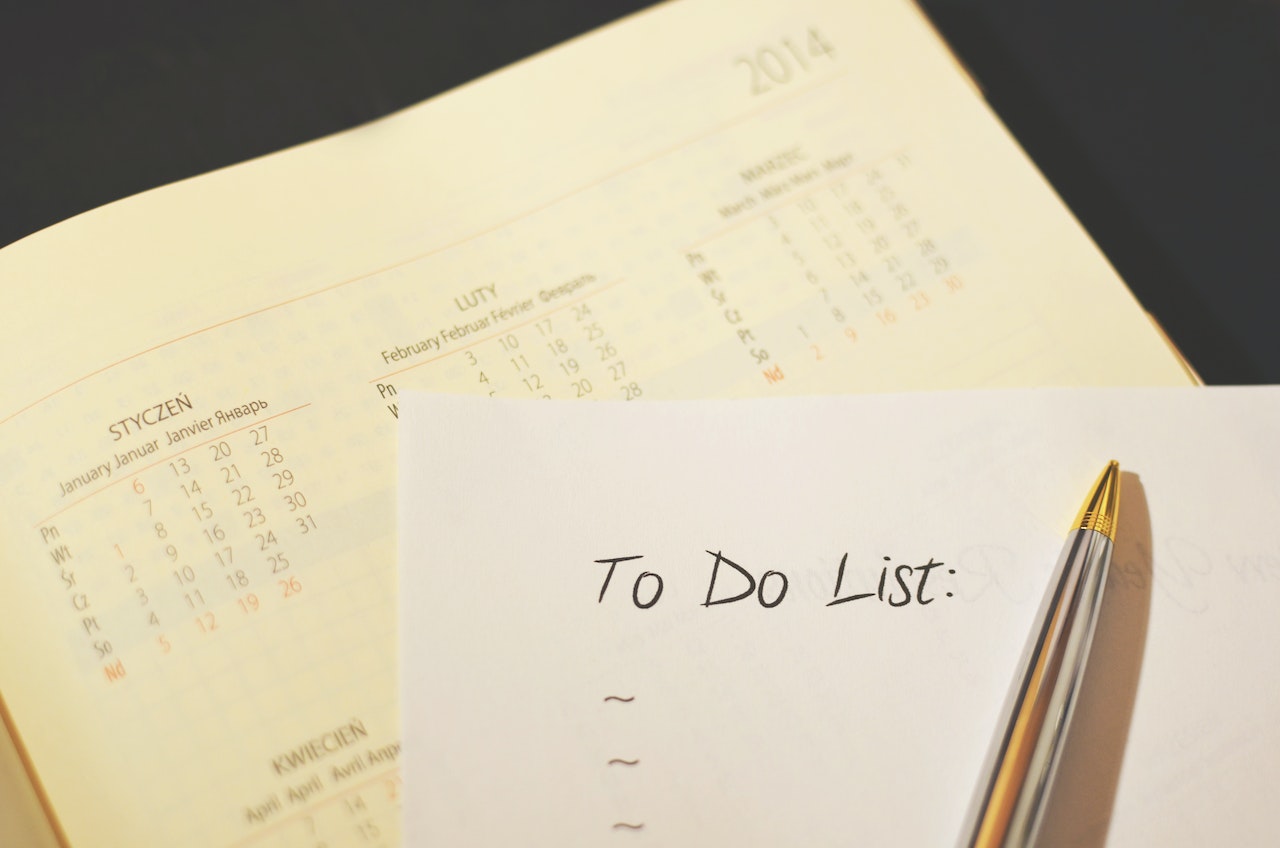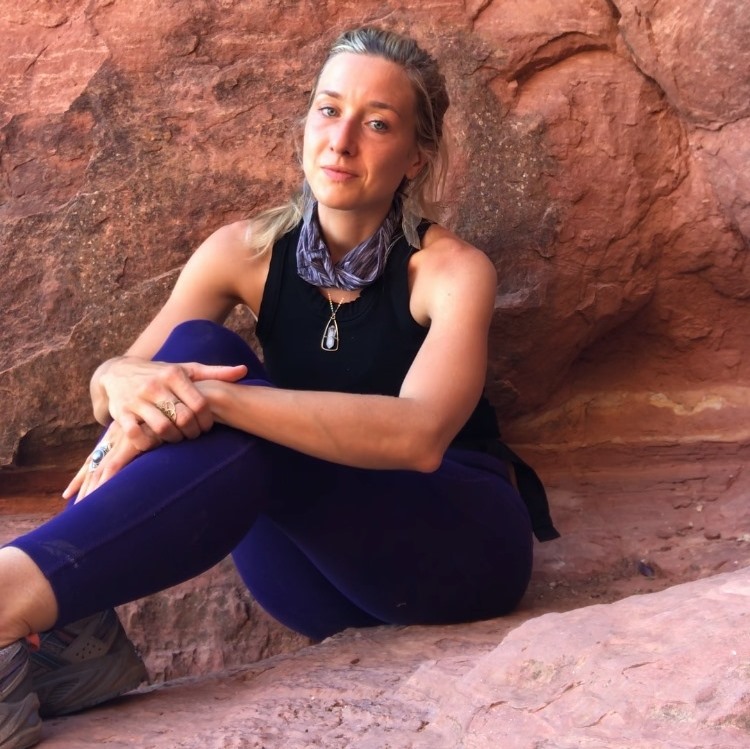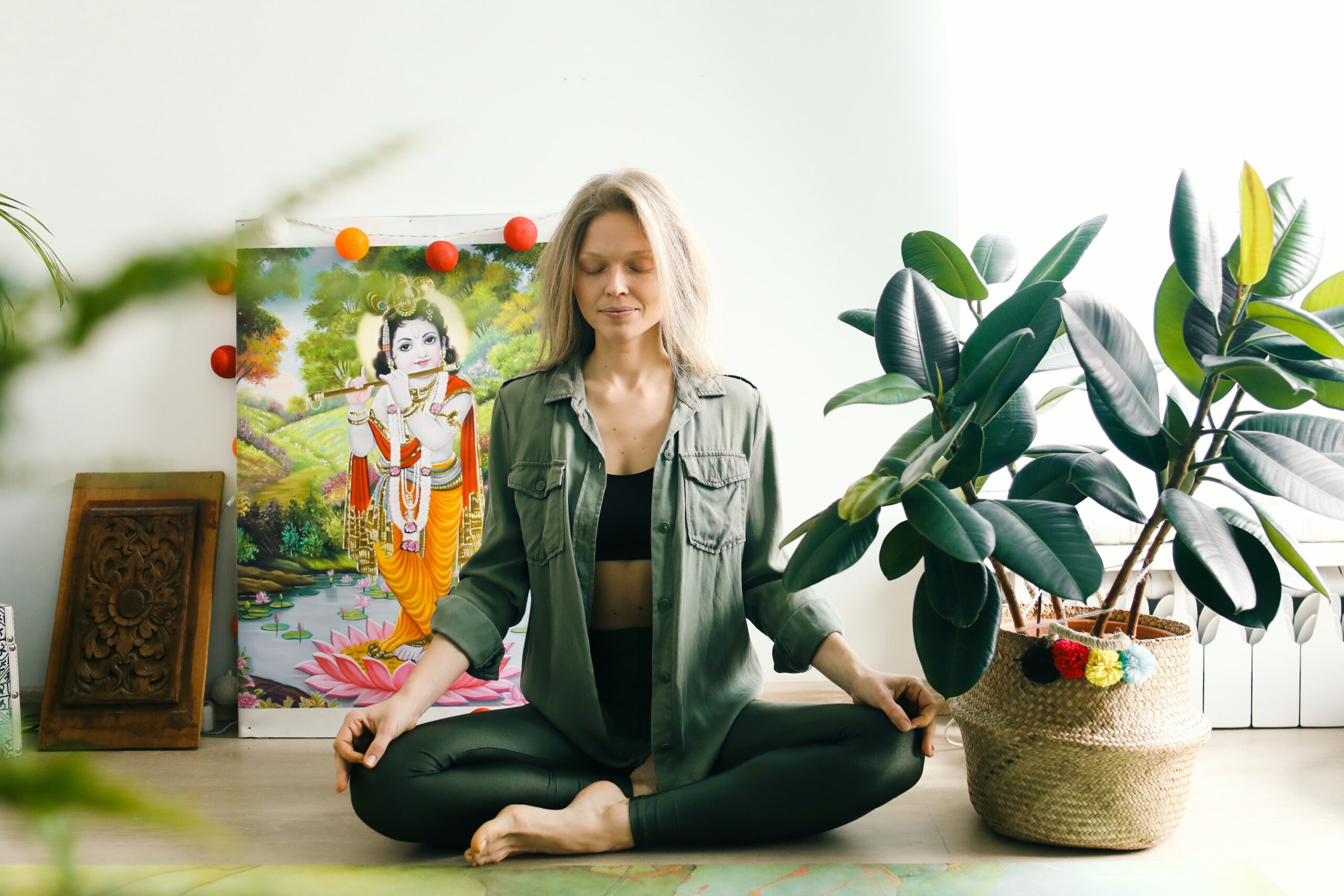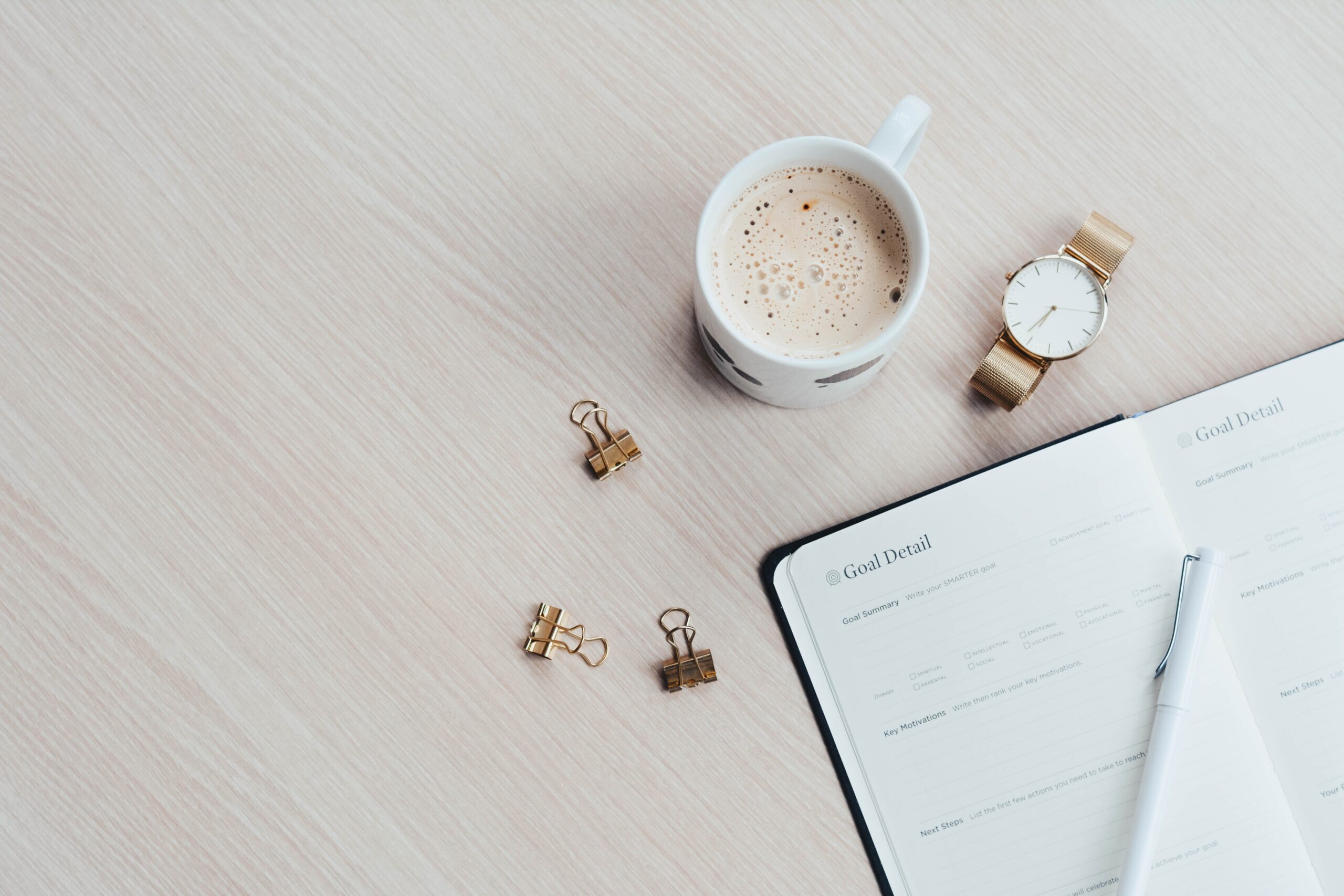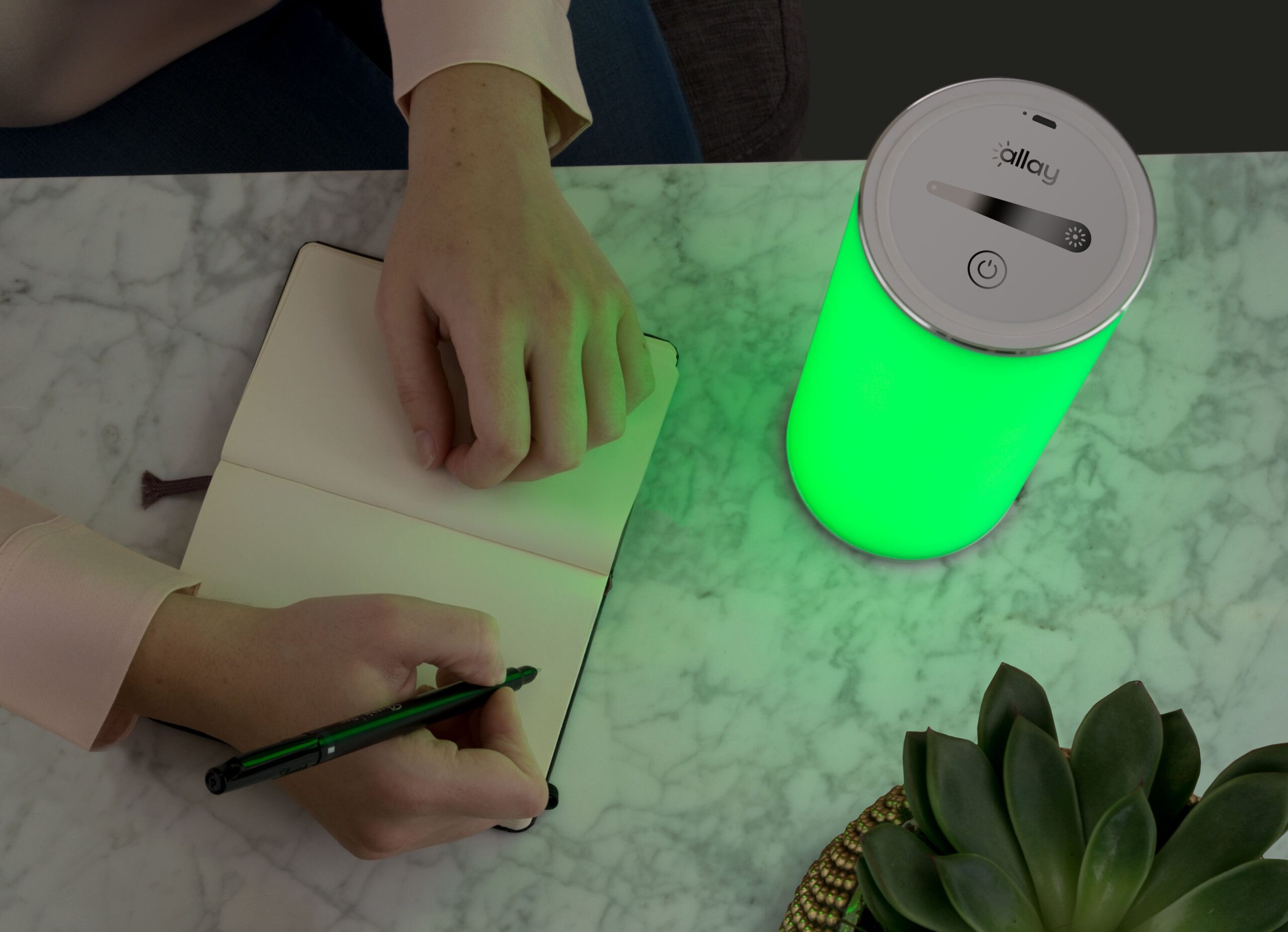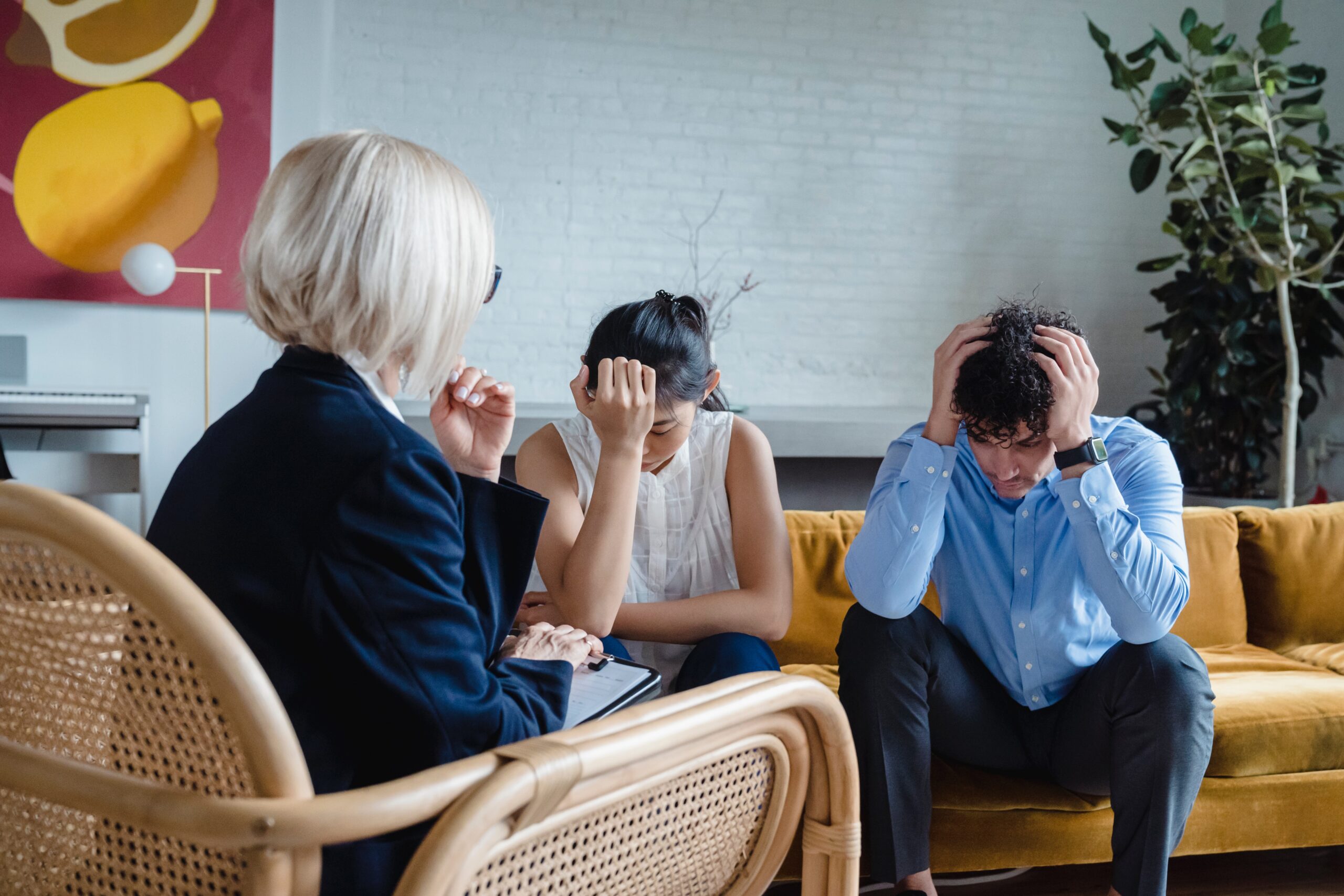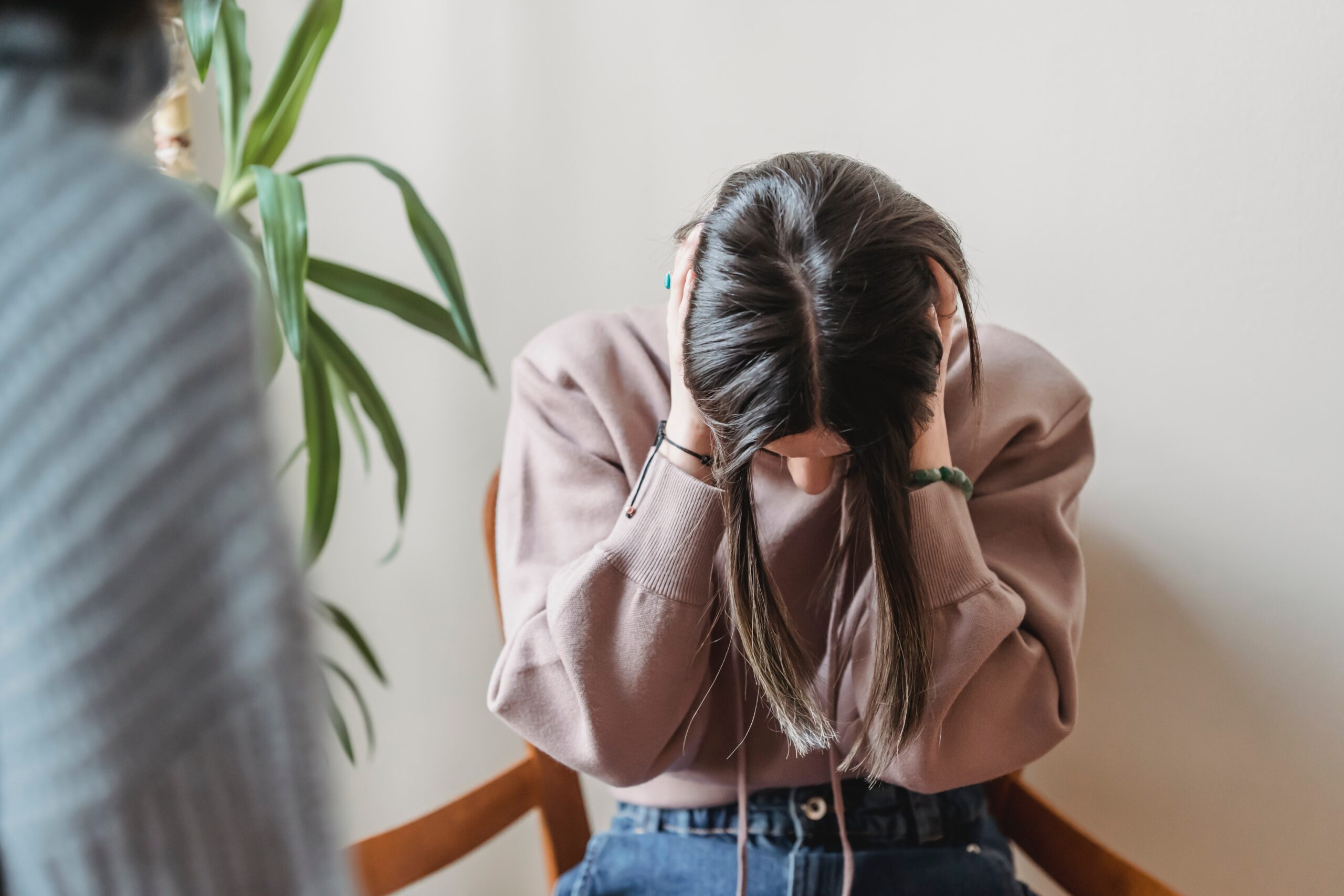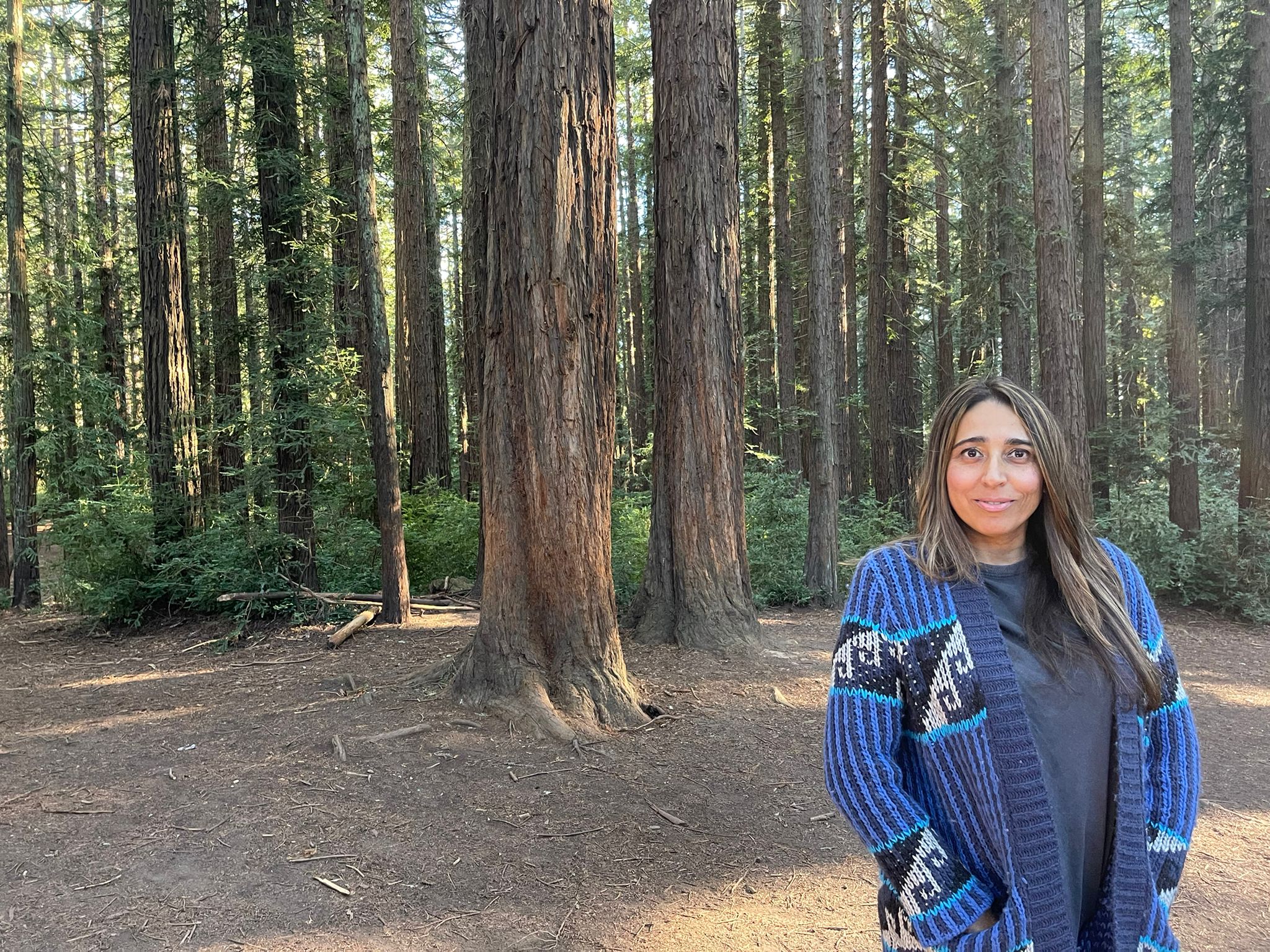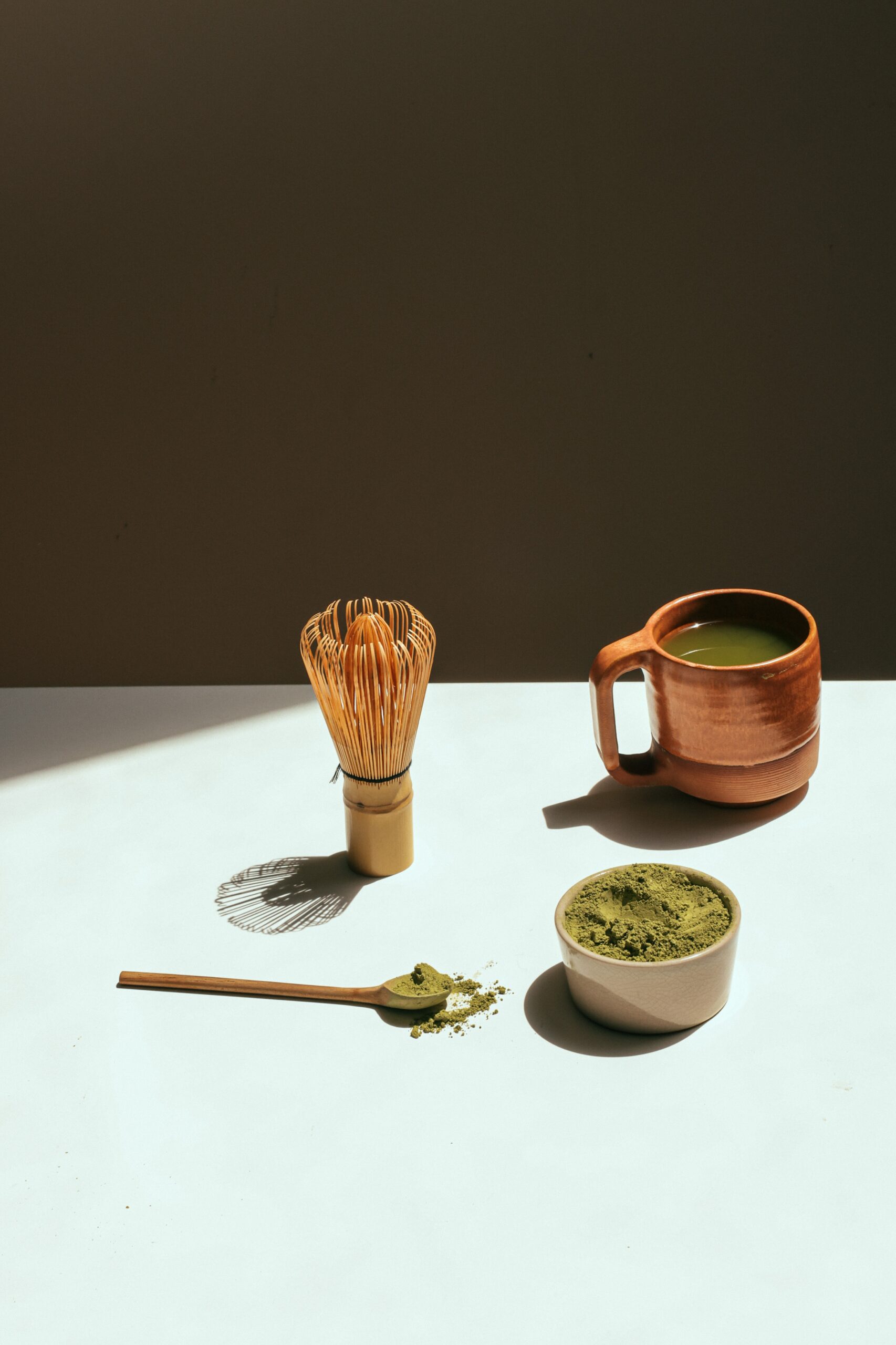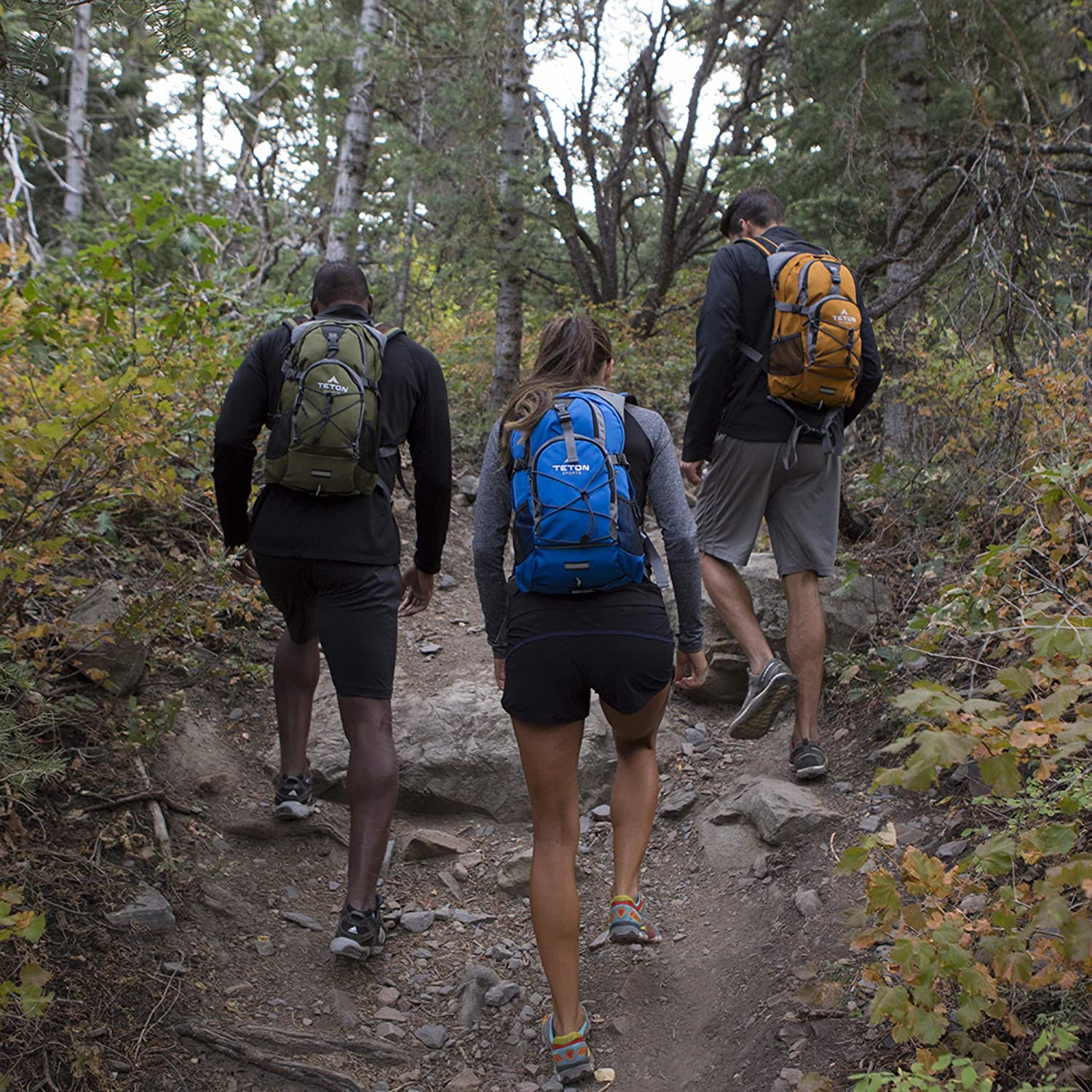We are talking about a powerful Break Through With Dr. Hosein Kouros-Mehr on the Blossom Your Awesome Podcast.
Dr. Hosein Kouros-Mehr is an author and physician-scientist who has spent over two decades in cancer research and drug development.
A recent scientific discovery suggests that the brain’s default mode network (DMN) encodes the human ego which influences our thoughts, emotions, and behaviors. Recognizing the profound impact of this breakthrough on self-understanding (both from clinical and personal experience) Dr. Kouros-Mehr wrote “Break Through: Master Your Default Mode and Thrive.” The book offers insights for readers to master the DMN and live happier, more fulfilling lives.

On Episode #256 Dr. Hosein Kourous-Meyer discusses the role of the default mode network in mental well-being and the connection between mindfulness and the observing mind. He explores the impact of spirituality on health outcomes and the importance of integrity in overcoming emotional pain. Dr. Kouris-Meyer also discusses the potential of MDMA-assisted therapy in treating severe cases of PTSD. He provides practical tips for slowing down the wandering mind and emphasizes the importance of setting intentions for healing. The chapter concludes with a discussion on the future of medicine and mental well-being.
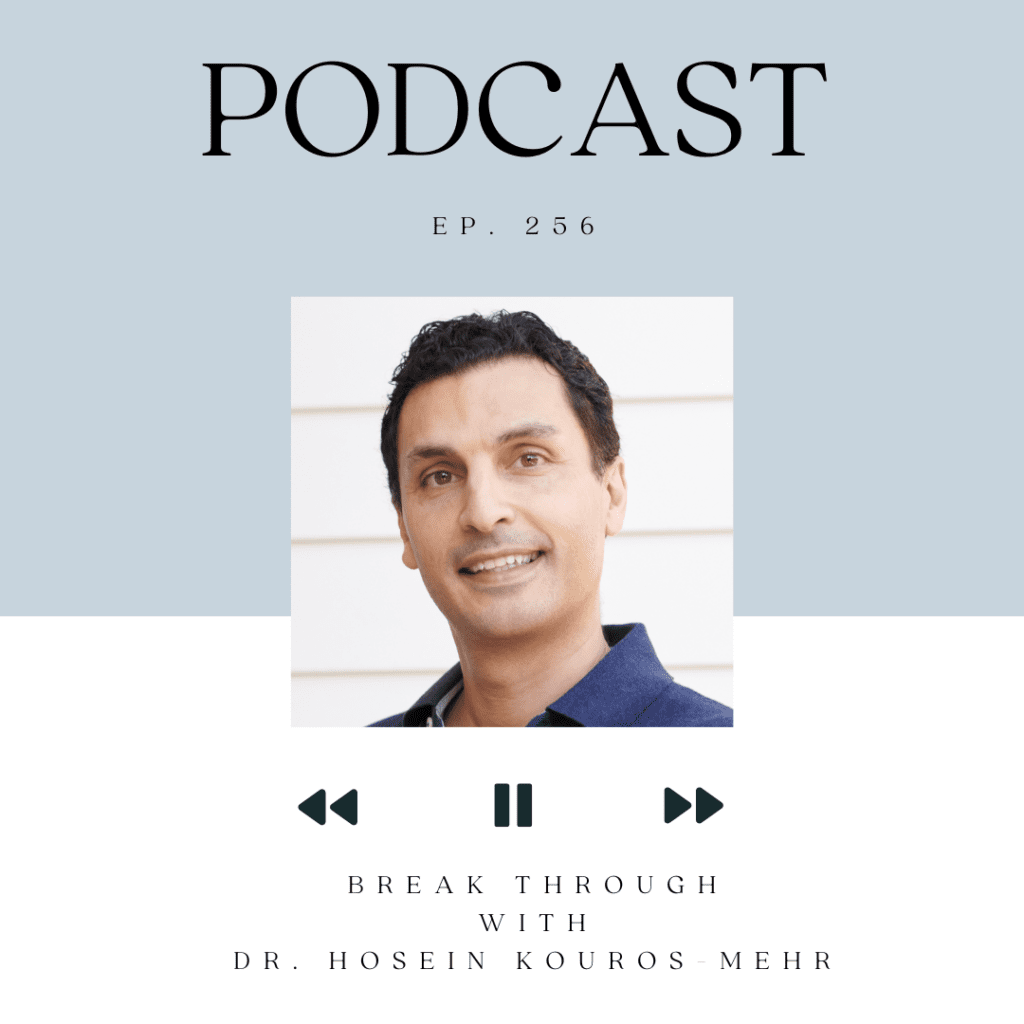
Takeaways On The Default Mode Network
- The default mode network plays a crucial role in mental well-being and is associated with the self and ego.
- Mindfulness is the practice of turning on the observing mind and can be achieved through various activities such as breath exercises and prayer.
- Spirituality has been shown to improve health outcomes and is characterized by qualities such as compassion, resilience, and gratitude.
- Overcoming emotional pain requires understanding the root causes and developing insight and self-acceptance.
- MDMA-assisted therapy shows promise in treating severe cases of PTSD and can help individuals confront and heal from traumatic experiences.
- Integrity and honesty are essential for mental well-being and allow for self-observation and growth.
- The fight or flight response is a natural stress response that can be triggered by perceived threats, leading to anxiety and anger.
- Balancing glutamate and GABA in the brain is crucial for relaxation and overall mental health.
- The future of medicine and mental well-being involves a holistic approach that integrates spirituality, mindfulness, and personalized treatments.
Sue
Hi there, today on the show, we have got Dr. Josein Kouris -Meyer here with us. I am so honored and delighted to have you here. Welcome to the show.
Dr. Hosein Kouros-Mehr
Thank you, it’s great to be here. It’s a pleasure.
Sue
So excited to have you here and get into the work you do. So you are, I’m going to read all of your everything’s titles and all of that. You are an MD, PhD, a physician scientist with over 20 years of experience in cancer research and drug development. You are also the author of the book Breakthrough, Master Your Default Mode and Thrive.
So Dr. Khorazmeer, let’s start with your background, why you got into medicine and then the science stuff, and then we’ll get into the book and all of that.
Dr. Hosein Kouros-Mehr
Yeah. So I’ve been involved in cancer research and drug development for over 20 years now and got into it, you know, back 25 years ago, the world was very different. Um, and I was looking ahead at to what, where were the frontiers of medicine? And it was it for me, it was obviously going to be in oncology because at the time this is mid nineties, you know, the, the human genome project was underway and we were going to sequence the human genome and that.
to me was like, this is gonna open up oncology as we start to understand what is cancer. And sure enough, 25 years later, it’s mind blowing, the progress we’ve made, the drugs that we’re making. So I develop cell therapies for cancer and we have gene therapies now and it’s just fascinating. This book is more about mental wellbeing than it is about cancer, although it’s a big part of cancer.
But what I’m seeing now in the field of neuroscience and sort of how the brain works reminds me of what I was experiencing 25 years ago. I think what we’re understanding now with regards to the brain, I think is that’s where the frontier is now. And I think this is going to open up doors for us over the next couple of decades as we start to understand the brain and particularly this default mode network, which is what this book is about. So yeah.
Sue
So tell me what is the biggest insight? I mean, what are we understanding now if there were just, is there like one big, huge revelation and huge insight? What is that? And then we’ll get into that.
Dr. Hosein Kouros-Mehr
Yeah. So I think what we’re understanding is that our brain has these at least seven networks that allow us to function. So a network is just different parts of the brain that connect to perform a specific function. So you’ve got the visual network. It helps you see. You’ve got the auditory network. It helps you hear. And so there are three networks in particular that are really at the core of mental well -being, mental health.
but also spirituality and it brings all of that together with science and medicine. So the most important one of these is called the default mode network, which it turns out is basically the self, the ego. It’s me and my, that’s the default mode network. So we’ve always said, where can you find self? Where is self? Is there a self? There is a self, it’s called the default mode network. And it’s basically, you know,
parts of the brain that connect, anytime you start thinking about me and I, and you’ll notice it particularly when your mind wanders, like wanders away from the present, anytime you’re doing something like driving a car, brushing your teeth, your mind wanders away from the present, takes you back to the past or takes you to the future. That’s your default mode network that turns on. So it actually has a name. And so,
given just how important this is, it really is, I think, you’ll find it in a lot of different mental conditions, which I call nuts, but things like stress and anxiety and ADHD, depression, you’ll see this overactive default mode in all of those conditions. So it’s a big discovery and it’s just the beginning really.
Sue
And you know what’s interesting though is this idea we’ve never correlated the self like the ego self with these other components. So how did you come up with that correlation? Like help us understand that.
Dr. Hosein Kouros-Mehr
Yeah, so first of all, how was the default mode network actually discovered? It turns out there were some studies done where they were putting people, volunteers, and an MRI and looking at their brain while they were performing tasks because they wanted to understand what part of the brain is active when we’re doing some tasks. And they accidentally scanned somebody who wasn’t doing anything, who was just kind of daydreaming or mind wandering. And the brain lit up.
And they’re like, huh, we didn’t think the brain is so active. It turns out our brain is always active. It’s never really at rest. So when we’re just sitting idling where our mind is wandering, our mind is always on and that default mode network switches on. When we’re really focused on something, whether it’s performing work or we’re doing some mindfulness exercise or we’re really engaged in the present moment, the default mode network is off.
And there’s other networks that are on, I mentioned three that are really important. So one of them is called central executive network. And that’s, it’s very different in that it’s a totally different like consciousness and, um, which we can talk about. So, and during the day, our mind is constantly shifting back and forth between default mode, ego, me, self, and this central executive, which is presence. You know, it’s got a bigger, you know, more expansive consciousness.
And we’re constantly shifting back and forth between these two. So.
Sue
This is so fascinating. And you know, so what’s interesting, like with mindfulness, I feel like, or I wonder, help us understand this, because so many people struggle in that state, right? And it seems like your brain is almost in a hyper state of wandering when you sit and get rid of all the other activities and you’re like, okay, let me try to calm my mind. But it almost goes into overdrive at times it feels like.
Dr. Hosein Kouros-Mehr
Yep. So part of the reason I wrote this book is I realized that when you start to understand these different parts of the brain and what it is you’re actually trying to do with mindfulness, like the way it was described, let’s say by Buddha a long time ago. And when you combine it with the science, it makes the whole process easier and more objective. What you’re trying to do in mindfulness is you’re trying to turn on your observing mind, right?
You’re the mind that’s here, that’s present, that can observe all those thoughts. So if you’re, if you’re sitting and meditating and your mind is racing, it’s your default mode that’s on. If you’re thinking about the past and the future, it’s hard because you’re stuck in the default mode. But when you come to observe those thoughts with your observing mind and notice, Oh, I’m having these thoughts. When you’re the observer, that’s the point of mindfulness. What you’re trying to do is to turn on.
that the observing mind, the central executive, which initially is very hard to do. It may only last a few seconds. You kind of observe, Oh, I just had a thought about last week’s conversation in that moment. You’ve turned on the central executive a few seconds later, you’re back to mind -wandering again, but that’s why this takes practice because you can build that observing mind. You can strengthen it. So you spend more time in that central executive. So this book kind of makes all of this a little more practical.
I feel like with mindfulness, there have been so many different teachings about it. We may have lost the point of what is the actual point. The point is to turn on your observing mind. When you do, you’ll notice that that observing mind is calm, it’s present, it’s less obsessed about me and my, there’s less anxiety in it, there’s less stress. You’re just fully present. You transcend the ego and the me and the I because you’ve shut off the default mode. That’s the whole point of mindfulness.
Sue
And so it seems like to activate the observing mind, it’s almost like if you’re into art or if you’re a writer, where you really go into this state of focus that keeps you from wandering less, that would almost be like a better, easier mindfulness practice, let’s say, for people.
Dr. Hosein Kouros-Mehr
Absolutely. You do the same thing when you’re when you’re in the zone. If you’re an artist and you’re fully immersed in your art and you’re fully in the present, there’s no mental chatter. That’s mindfulness. I mean, you don’t have to be sitting cross legged, which which I do. I do breath meditation. But anything that allows you to be fully present in this moment away from the default mode network, which tends to be kind of reactive, judgmental, always worried about past and future. If.
Whatever gets you out of that state into the present, into the zone, that is a mindful activity. So for example, and in this book, I’ve got 11 of these, I call them mental knots, you know, or we call them mental diseases or conditions. That’s a little harsh. I just call them like knots in a rope. There’s 11 of them in the book. It starts off with stress. And for each of these, there’s a remedy. So for stress, the remedy is mindful relaxation. Whatever allows you to relax mindfully.
It could be a walk in nature. It could be a bath. It could be whatever it is, but you’re doing it mindfully. You’re extending that relaxation as much as you can. You’re turning on the GABA. So yeah, mindfulness doesn’t have to be, you know, sitting and following your breath, although that works well.
Sue
Mm -hmm. And now, you know, this whole thing, it seems like there’s a big thing happening between medicine, science, mind, body connection. More physicians, more of that world is kind of getting how that’s related to stress and disease and all of that.
Dr. Hosein Kouros-Mehr
Absolutely when I was in medical school, we did not cover anything related to spirituality religion You were laughed at if you brought that up Although we had one class called healing arts about end of life and that was a kind of a spiritual class and that was it 25, you know 20 some years later. I’m now seeing scientific publications showing the health benefits of forgiveness compassion
You know, um integrity, I mean qualities that are at the core of of spiritual practice And it’s it’s pretty clear, you know, um cultivating compassion and and the detrimental health effects of loneliness of negativity, right? Um, and so it’s all coming together. So it’s it’s mind -blowing to see that so what you know Jesus said forgiven you’ll be forgiven now, there’s scientific papers showing that if you
Cultivate forgiveness you can reduce symptoms of depression significantly if you cultivate compassion you can significantly cut cortisol and stress hormones so this is like yeah, the data are kind of Are meeting some like really old, you know thoughts and philosophies from a long time?
Sue
Mm -hmm. And so, you know, another thing here that’s really interesting or that I love about this approach, because ultimately everyone is looking, seeking optimal wellness. They just don’t know how to find like and sustain happiness, right? We have those little moments of joy. But what you’re talking about here in your book is kind of like the long term happiness. Like this is why you’re not happy and this is how
You get happy and stay happy.
Dr. Hosein Kouros-Mehr
Yeah, this is very much, yeah, more of a long -term happiness. So let’s say, let’s say diet, okay. Everyone wants or yeah, diet and weight loss. Okay. There’s many different kinds of weight loss programs and diet and people want to find the latest and now it’s Ozempic and there’s all these other things, but most of the diet programs fail and the weight comes back for most people, unfortunately, right? Why is that? It’s because of why we overeat.
Right? We overeat, many of us overeat to deal with our emotions, to deal with stress. Right? And so when you get at those root causes of overeating and those, those root sort of like emotional pain, stress, and when you get at those root causes, it becomes a lot easier to keep the weight off, for example. So, and all of these mental knots, they’re all interrelated. So I’ve got 11 of them here. Emotional pain is a big one. Emotional pain can influence.
your diet, your exercise, it can lead to the addiction, it can lead to the anxiety. And so you really have to take a holistic approach and kind of, it’s in many ways a journey of self discovery, right? You’re understanding yourself and basically developing that insight into your true condition and the root causes of your condition.
Sue
Now give us some insights. What is some practical guidance to you? The first part of the book is the journey of inner healing. It all starts on the inside. So if we could just give somebody some practical tips right now, where does one begin?
Dr. Hosein Kouros-Mehr
Yeah, practical tips, practical tips. Okay, the body and the mind are self healing, just miracles, right? The body is a self healing machine. You get a cut in your finger, it’ll heal itself, whether you want it to or not. If you have a more, you know, a deeper cut, or you, you know, God forbid, broke a bone, the body will heal itself, but you’ve got to give it the right conditions, right? You’ve got if you keep jabbing at your wound, it’s not going to heal if you don’t.
put on the cast, your bone’s not gonna heal. The same is true of the mind, right? The mind will heal itself from trauma, from anxiety, from addiction, but you’ve gotta give it the right conditions, right? So number one, intention is most important, and it’s been said over and over, generation after generation, you’ve gotta have the intention to want to heal. A lot of people have emotional pain, they don’t really wanna heal from it. They’ve kind of developed a relationship with it, but.
having the intention and understanding the causes for that condition. What are the root causes leading to this pain and how to get at the root causes so you can permanently heal from it. So that’s the underlying sort of message of the book and you can apply it to whatever condition or whatever not, you know, that affects you the most. So whether it’s emotional pain, right, emotional pain happens because something happened to us in the past.
We’ve got a memory that’s attached to a very powerful emotion. Maybe we had some sort of trauma when we were younger. And so understanding the brain, understanding that you’ve got this default mode, this wandering mind, it revisits the past. Every time you think about this thing, that emotion comes right back. So understanding that this is the root cause of the emotional pain and how to overcome it. Either silence this default mode or…
you know, practice forgiveness, whatever happened to you, try to forgive what happened. If it’s something you did, self -forgiveness, which has a process also of taking accountability, feeling that remorse and restoring and renewal basically. And you can basically completely overcome this emotional pain. And some of these knots are harder to untie than others, but it’s that first part that’s hardest to untie. But once you loosen it, it’s a lot easier to open up that.
Dr. Hosein Kouros-Mehr
that not so.
Sue
And this idea of replacing it with something, right? So the less we’re revisiting that, the less prone we are to stress or anxiety or depression by learning to revisit it less.
Dr. Hosein Kouros-Mehr
Well, part of it is revisiting, but sometimes if the trauma is severe enough, even just visiting at one time and the wound is right there. So part of it is calming the mind down, silencing your default mode, but part of it is learning, you know, getting to the root issue and either working with a therapist or with yourself. So working with a therapist, you have things like, um,
dialectical behavior therapy, cognitive behavioral therapy, where they, you change your relationship with that emotion, with that trauma, right? If you want to do it by yourself, there are things like, you know, insight meditation and other practices where you can change the relationship with it. It’s kind of like, let’s say a pilot who’s flying in stormy skies and afraid of the clouds because of the turbulence, right? He just avoids the clouds.
And so he’s learning to live with the turbulent skies. The solution is just to maybe fly through the cloud, experience the turbulence, come out through the other side, and learn that turbulence is a normal part of flying. Some people need a therapist to help with that, others. But in the book, I talk about many different types of approaches. And ultimately, it’s…
changing their relationship with that emotional pain and healing it and once you heal from it really I I call it it’s love really that rises from the ashes of that of that pain and um, so yeah, you can resolve even the most severe emotional pain now There are some cases of emotional pain that are too really severe like ptsd really severe ptsd soldiers coming back from war and um, so there are
new treatments we’re looking at, you know, MDMA assisted therapy might be approved in the next few months. So for really, really severe cases, you know, mindfulness may not work, right? And we’re at the cutting edge right now trying to understand what are the best treatments for these kinds of patients.
Sue
And then this idea with like MDMA and things where you hear of people having these awakenings and self discoveries and like revelations, right? Revelatory stuff and they come out, I’ve heard so much of this, right? Where they come out and they’re kind of healed. They see it with new eyes or something goes on there. And so what is happening there, Dr. In the brain?
Dr. Hosein Kouros-Mehr
Yeah. So this is so Rick Doblin actually endorsed this book. Rick Doblin is one of my heroes. He is the guy who has been working for 50 years to get MDMA therapy approved. 50 years. So and he’s got some other programs through maps, which is his foundation. A lot of literature on this and basically.
What he describes is, first of all, working with somebody who’s experienced. So this is MDMA assisted therapy. This is not self -experimenting. This isn’t recreational, right? This is working with a therapist who is basically licensed to do this. But yeah, it’s extremely powerful. And there’s been a study, patients with severe PTSD, refractory to all treatments, and those patients have a high suicide rate. So.
And for those patients, MDMA assisted therapy is remarkable, remarkable efficacy. Uh, basically patients are able to confront and experience those root causes that’s causing this pain and to form a new relationship with it. They’re able to silence the default mode network and they’re able to finally observe and experience and heal from this pain. So it’s yeah, it is remarkable. But again, these are, it’s not approved yet.
It will be approved soon. The FDA is going to make a decision. But I think we’re going to see more of plant medicines being approved. And interestingly, the way plant medicines work, like psilocybin, is they shut off the defoMo network. That’s actually how they work, which is pretty mind blowing, which we can talk about.
Sue
Now I want to talk to you about spirituality and I’d love you know I’ve had a couple of different few conversations with MDs doctors who are now really starting to touch on this and you know the correlation so talk to us about that.
Dr. Hosein Kouros-Mehr
Yeah, spirituality. So there have been I mentioned the data, right? There’s so the data there’s one paper There’s something called a meta analysis, which is a paper that looks at the entire literature. So there’s one paper that showed a reviewed 9 000 papers Dealing with spirituality and spiritual care showed pretty convincingly that spirituality improves health outcomes. So And now they recommended that spiritual care be included
as part of patients, as like, let’s say somebody’s in the hospital, that spiritual care is included along with the other team members, like the physician and the nurse and the radiologist, etc. That was the actual recommendation. You know, on a personal level, I mean, I have this memory in medical school, there was a patient that I was seeing with her, you know, grandson, I mentioned this in the book, and the grandson,
was just anxious. The patient had blood pressure had dipped and we were trying to resuscitate her and she seemed to be stable. Transferred her to the ward and we got to the room. I was there with the grandson and everything seemed fine. And suddenly her breathing slowed down and it was clear that she was dying. And I’ll never forget just being in the room with him and his anxiety just going away and this moment of
Sue
Thank you.
Dr. Hosein Kouros-Mehr
I call it awe. I mean, it was beyond all of us as she passed away, deeply spiritual. I mean, whatever we were worried about at that moment, we completely forgot. And that’s what awe does to you. It’s completely shuts off that ego and the self. And we were just in the presence of something much bigger than us. And I mean, that was spirituality there. So I definitely have, you know,
have spirituality in my daily life, I would highly recommend it. It’s clearly been shown to help in many different ways and yeah, different ways of practicing it too. But is there anything specific I can answer?
Sue
Um, yeah, you know, it’s a very, so like the spiritual component, when you say you’re incorporating it or recommending it. So is that to kind of take up a spiritual practice or a belief or belong to a church or what are, so you’re seeing like a direct correlation and healing versus people who are spiritual versus those who are not.
Dr. Hosein Kouros-Mehr
Yeah, I mean, I guess the question is what are the core, the sort of core elements that you’ll find in any religion, whether it’s Christianity, Buddhism, Hinduism, what are the core elements that they all have in common? So it’s things like compassion, right? Things like belief in a higher power that a higher power will, in relying on this higher power to sort of lead you.
out of any darkness to give you the insights. It’s having resilience, right? When something bad happens, having this faith that there’s a positive in it and seeing the good in it, seeing the good in others. You see these all across all religions have it. Gratitude, expressing gratitude. Many times throughout the day, I just look out the window and just express gratitude for something above me in this moment, right? So,
All of those qualities now we’re seeing, they improve health outcomes. They improve people who have those beliefs. They tend to have better social networks and they tend to do well versus let’s say loneliness, big epidemic, big problem. And lonely people tend to live less. They tend to have worse outcomes. People who think about me and I and people with
pessimistic moods, negative moods, they tend not to do well. This is what the data is showing us. So yeah, I would highly recommend spiritual practice as, you know, and whatever works for you and your family, basically.
Sue
And now give us something. Can you help people for, you know, back to the DMN for a second, this mind wandering it and with mindfulness because everyone just always goes to mindfulness, right?
What are some ways, other ways that people can slow that wandering mind down?
Dr. Hosein Kouros-Mehr
Yeah, I talk about many different exercises in the book. I mean, things like, um, breath exercises, right? Four, seven, eight breathing box breathing. I think it’s pretty popular. Um, that will trigger Gabba and that calms you down. So highly rec and just kind of like a yawn, you know, when you yawn, it’s, it kind of slows down your heart rate and calms you down. That’s what breath exercises do. Right? A lot of times when you’re stressed, anxious,
You’ll notice your breath is very shallow and and so a breath exercise will reverse that will immediately calm you down immediately give you some GABA. Prayer is very effective. I have, you know, I have some prayers in here. What you’re doing with prayer is you’re practicing mindfulness. When you pray, you come to the present moment, you fully accept the present moment and who you are, what you’ve done.
and you communicate with a higher power with complete honesty and acceptance, that’s mindfulness. So prayer is a very effective mindfulness practice. Sometimes when I’m trying to do some mindfulness and I just can’t focus, I’ll do a prayer and suddenly my focus is there and I’m feeling gratitude and I’m completely in the moment. So prayer is very powerful. And you know, what I would do, and we’re all different. So,
What I do is sometimes I’ll put a set aside 10, 15 minutes and first observe, observe my mind very honestly. How do I feel? I feel stressed, anxious, whatever it is, and then spend 10 or 15 minutes doing an exercise. It could be taking a walk and trying to just be present with your, with your surroundings. It could be, I don’t know, it could be taking a bath. It could be practicing art, right? Like you mentioned.
Spend 10 minutes after the 10 minutes, observe your mind once again, very objectively and take a look and see how you feel now. Like a scientist, right? And understand yourself. And you may find that sounds, for example, or certain activities bring you into that present moment. Whatever brings you into the present moment and allows you to be here, present, observing your thoughts, that’s what you wanna do more of.
Dr. Hosein Kouros-Mehr
So, and the book actually helps you in that self -discovery. There isn’t, yeah, mindfulness doesn’t work for everyone. And I wrote this book specifically for people who are maybe a little stubborn. I know many of them, scientists, doctors, really stubborn. They’ve tried mindfulness, they’ve tried Eckhart Tolle, et cetera. They don’t get it. What’s the point of all that? This is especially for those kinds of folks.
Sue
And you know what’s so interesting about the book is you touch on so many different things. And one thing, one of the chapters I have to ask you about, I find it really interesting and I want your observation as an MD dishonesty and disloyalty, right? This is, it seemed, or denial rather, and it seems like this is kind of like very widespread more and more. And it’s not something that everyone addresses and especially not,
Dr. Hosein Kouros-Mehr
Absolutely.
Sue
and MD.
Dr. Hosein Kouros-Mehr
I agree. If you look at corporate America, it’s about profits. Dishonesty, denial aren’t really recognized as any sort of problem, but it goes against everything that we are as humans. When we lie or when we’re practicing denial, let’s say, when we deny there’s something harmful that we’re doing to ourselves or our family and we deny that, there’s an actual stress response that kicks in. This is why a polygraph test works because you can…
measure these stress hormones and those stress hormones do damage to your body. So, yeah. But the other thing is that when you’re dishonest or in denial, you’re not able to really turn on that observing mind and observe yourself truthfully with acceptance. So it can block you from this higher state, the enlightened state, whatever you want to call it. Because it’s only when you can look inside with complete honesty,
that you can find those root causes of your issues and resolve them. So integrity is the antidote for that. This is at the heart of the stoic practice, right, from thousands of years ago, stoicism. It’s at the heart of every religion. And it’s at the core of who we are as humans, is having integrity. I mean, I’ve got three young kids and they’re just born with, right, and you know this, they’re born with just this amazing,
integrity and just light in their eyes that I think brings out the best in all of us.
Sue
And there’s a part in this chapter where you talk about how the DMN wants to sustain those deceptive thoughts. It kind of works almost against you in some way if you’re not able to recognize that or tap into that.
Dr. Hosein Kouros-Mehr
Yeah. Why is that? So what the default mode is trying. Okay. So what’s the purpose of the default mode? We, we need a healthy default mode to live, right? People who have Alzheimer’s disease, dementia, their default mode is not working. They’re not able to form memories. They can’t make good decisions. So we need a default mode that’s healthy. What the default mode tries to do is it looks back at what’s happened to us in the past and what we think is going to happen in the future. And it tries to tell us.
how life should unfold, right? It’s trying to protect us. It wants us to make the right decisions and hang out with the right people and reflect and all of this. But what it ends up doing is sometimes is creating this prison of expectation that life has to happen in this way. If it doesn’t, you know, there’s dissatisfaction that we feel. So it can, it can lock us into the state of wanting life to happen in a certain way. So that when you, part of it is coming to realize that,
You have this default mode. Here’s what it’s trying to do and realizing that it’s trying to help me, but I need to step away from it a little bit and let life unfold the way it’s going to unfold. A lot of things are outside of my hands. I can’t control everything. And when you do that, you can break free from this, which by the way, this is the core of what Buddha talked about, right? In the Four Noble Truths. This is essentially what he described. And I’m just blown away every time I read about him and what he described.
Not knowing how the brain works 2500 years ago. He basically is describing our brain, you know, and and so anyway separate story there, but Did I answer that?
Sue
You know, you did answer that. And you know, it’s interesting because we’re fed so much information. And then like you hear, and I’ve read and I’ve heard, you know, there’s a part of the brain, like the fear mechanism, like fear is meant that, you know, that feeling of fear is meant to protect us, right? Like we have to have that. It’s just what our brain does. So we feel protected. But then that’s almost kind of contrary to the DMN.
almost misleading us if we don’t get a handle on it or learn to understand what’s happening.
Dr. Hosein Kouros-Mehr
So the way that we evolved over thousands and thousands of years, we mostly lived in environments where there was constant threats from predators and famine and natural disasters. And so we were constantly in a state of fight or flight. And so the way our brain is designed is we’ve got the stress response that will kick in any time we feel that there’s a threat.
So it’s based on our perception and the same thing may not trigger fear in two different people, but anytime we feel like there is a threat coming and I better act, that’s when the fight or flight response kicks in. So you’ll have hormones that are actually the brain releases these hormones like adrenaline and based on the threat, you’re either going to fight, right? Attack and get angry or you’re gonna flee. You’re gonna get.
terrified and run away. And that’s at the core of anxiety and anger, right? And there’s a part of the brain called the limbic system that gets activated when we get this fight or flight. And then there are other hormones like cortisol, which when we have some prolonged stress, like let’s say famine, thousands of years ago, so we had a famine, cortisol kicks in and that’s a stress hormone that basically shifts our energy.
away from let’s say the reproductive system and other systems, the immune system shuttles the energy to the brain. So what stress that stress hormone is doing is giving us the energy we need to make it. But that also weakens our immune system. It affects our reproductive system, et cetera. So the stress hormone got us to where we are now, but we’re not, most of us aren’t facing these real threats. I mean, famine and natural disasters. I mean,
Most of us aren’t. But that stress response is still getting kicked in for many of us every day from emails and from our Twitter feed and from the news, the daily news. That same stress response is coming from those sources. You got to tell yourself that anytime you feel the stress, it’s damaging your body. You’re damaging your body when you allow this fight or flight response to kick in. So…
Dr. Hosein Kouros-Mehr
But stress is the first topic in this book and it’s a big, big topic.
Sue
Wow, this is so fascinating. And it’s kind of like, I mean, I could pick your brain, like, we could just go on and on with this now. And then, you know, like the gamma, I mean, that’s kind of like the opposite, that’s the polar opposite of what, like, when you see the monks and their, you know, brain scans, and they’re just like in overdrive with the gamma, because they’re don’t have all that stress.
Dr. Hosein Kouros-Mehr
Yeah, so the body is always in balance. There’s always two sides. So the brain has 86 billion neurons. We’ve got a thought every couple of seconds. Every two to six seconds, we get a thought. When we think there’s a neurotransmitter called glutamate, glutamate is when we’re scanning our social media feeds and we’re working and we’re talking, that’s all glutamate.
Gaba is the counterbalance to that. Gaba is the opposite. It’s kind of quieting the mind. You mentioned the Buddhist monk. So Gaba, we need Gaba to go to sleep at night, but for many of us, it’s all glutamate all the time, right? We’re always on our phone. We’re always checking something. We don’t allow our mind to produce the natural Gaba that will heal us, that will put us to sleep so we can heal our aches and wounds and things like that.
So we’ve got to do a better job of stimulating that GABA, whatever, you know, it’s called the relaxation response, whatever helps you do that. You should try to figure out, I’ve got a lot of recommendations, but you got to see what works best for you. Now, what works really well in triggering GABA is alcohol, right? Alcohol, you have a glass of wine, boom, GABA, fast, right? Whatever you were worried about, you’re less worried about, it calms you down.
Unfortunately, alcohol also damages your liver. It damages your DNA. So not a good thing to rely on in the long term. It also disrupts your sleep, you know, sleep as well. But what you’re doing with alcohol is you’re stimulating GABA and it helps after a stressful day, but it is much better to do, you know, 20 minutes of mindful relaxation, whatever works for you to relax you for 20 minutes, do more of that.
Sue
And I want to read so correct myself because I think I called it gamma. But okay. And now let me ask you, so what is you’ve got this book and you’re kind of leaning into this other space with, you know, the MDMA and all of that and more of the spiritual and mind body connection. So what’s on the horizon for you? Like what’s next? What are you working on? What are your hopes like?
Dr. Hosein Kouros-Mehr
Yeah, right.
Sue
What are you gonna wanting to achieve with medicine and what are you wanting to get up?
Dr. Hosein Kouros-Mehr
So I’m going to stick with oncology as my primary focus. This is still a big, huge problem globally. So I’m developing cancer medicines through what is called cell therapy. So I’m sticking with that. I really want to help patients with that. And with this book, I just want to help people out there who are looking for help and help other people who may be there.
Therapists or counselors who want to understand the brain a bit more so help them help their patients I don’t really have any agenda beyond that. So it’s a little boring of an answer, but I’m happy to yeah I’m happy to help in any way I can so
Sue
Oh, I love that. Well, oh my goodness, Dr. Coris Mair. I love that name. That’s so beautiful. Now you have been so insightful. There’s so many amazing insights and takeaways I think people are going to have from all of what you’ve shared. I’m going to be sure to have a link to your website, your book for people. And you’ve already said so many amazing things. I’m so honored to have had this time with you. But if there was just one message, your hope for everybody.
What is that closing message you want to leave us with?
Dr. Hosein Kouros-Mehr
I think the closing message is that you can completely heal and overcome from whatever, you know, condition, mental nod or condition you’re facing. And it starts with intention. So it starts with intention. So the stronger your intention, the more likely you’re going to, you’re going to find that happiness you’re looking for. So it starts there and the road appears as you start walking. Right. I think Rumi said that.
So start walking, set your intention, the road will appear and you’ll end up in a better place. And by the way, the website of the book is yourdefaultmode .com. I’ll be putting some more podcasts and things in there. Would love to hear any feedback and thanks for your time.
Sue
Oh, you’ve been wonderful. Thank you so much.
Chapters
00:00 Introduction and Background
00:42 The Discovery of the Default Mode Network
06:31 Mindfulness and the State of Focus
09:17 The Role of Spirituality in Mental Well-being
11:41 The Connection Between Spirituality and Health
12:14 Long-Term Happiness and Healing
13:50 The Journey of Inner Healing
16:14 Overcoming Emotional Pain
20:54 The Intersection of Medicine and Spirituality
23:20 Practical Tips for Slowing Down the Wandering Mind
25:45 The Impact of Dishonesty and Denial on Mental Health
29:08 The Importance of Integrity and Overcoming Denial
31:09 The Role of Fear and the Fight or Flight Response
35:52 The Balance Between Glutamate and GABA
39:19 The Future of Medicine and Mental Well-being
40:05 Closing Message













